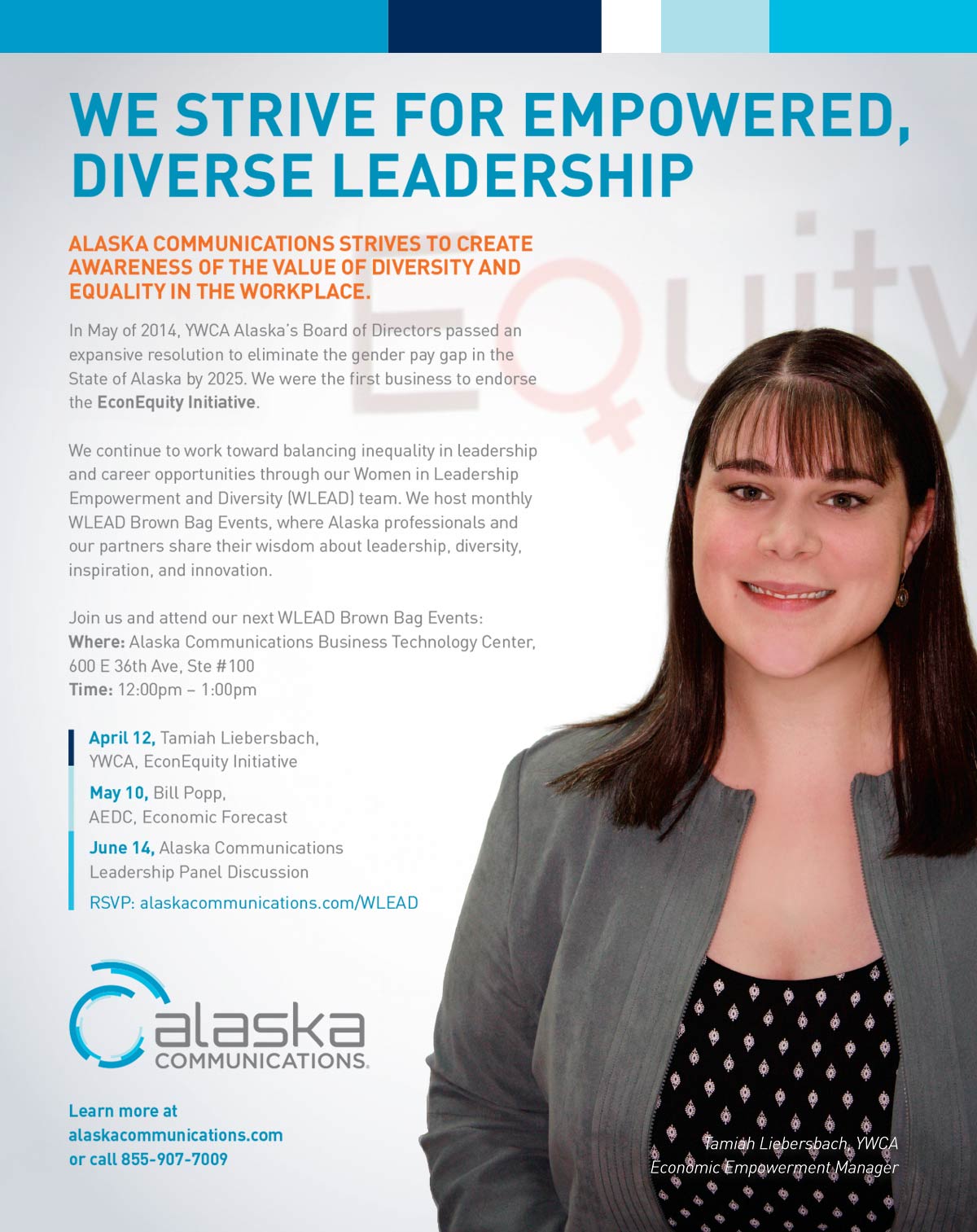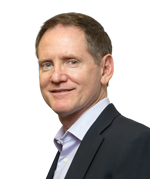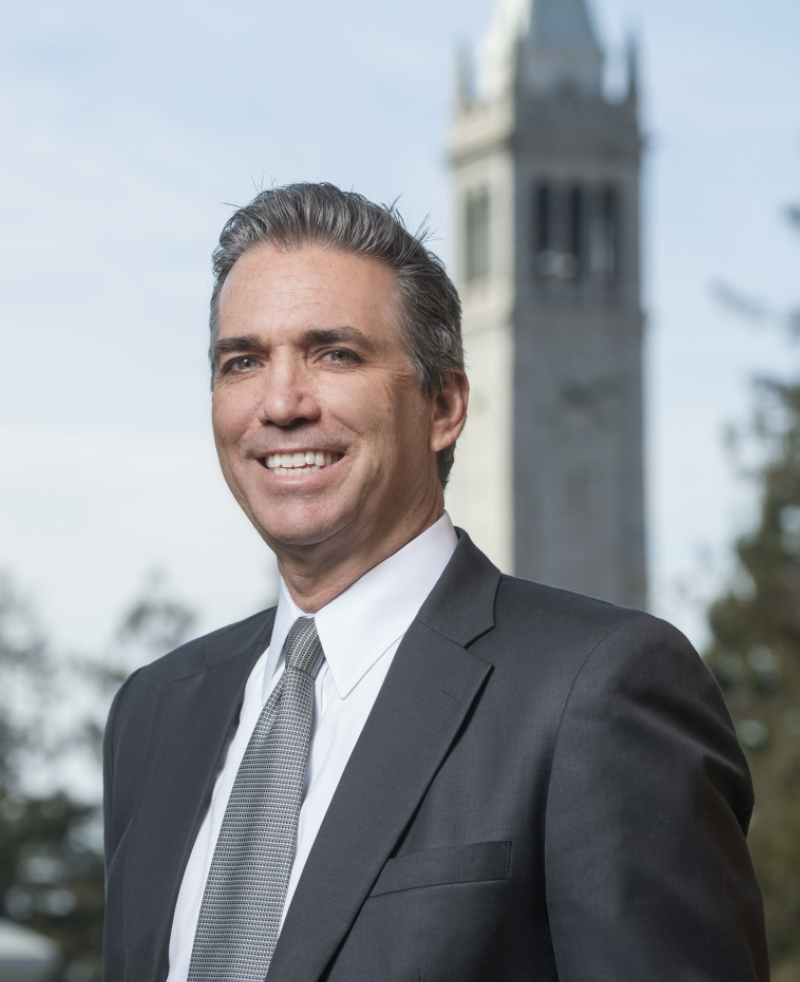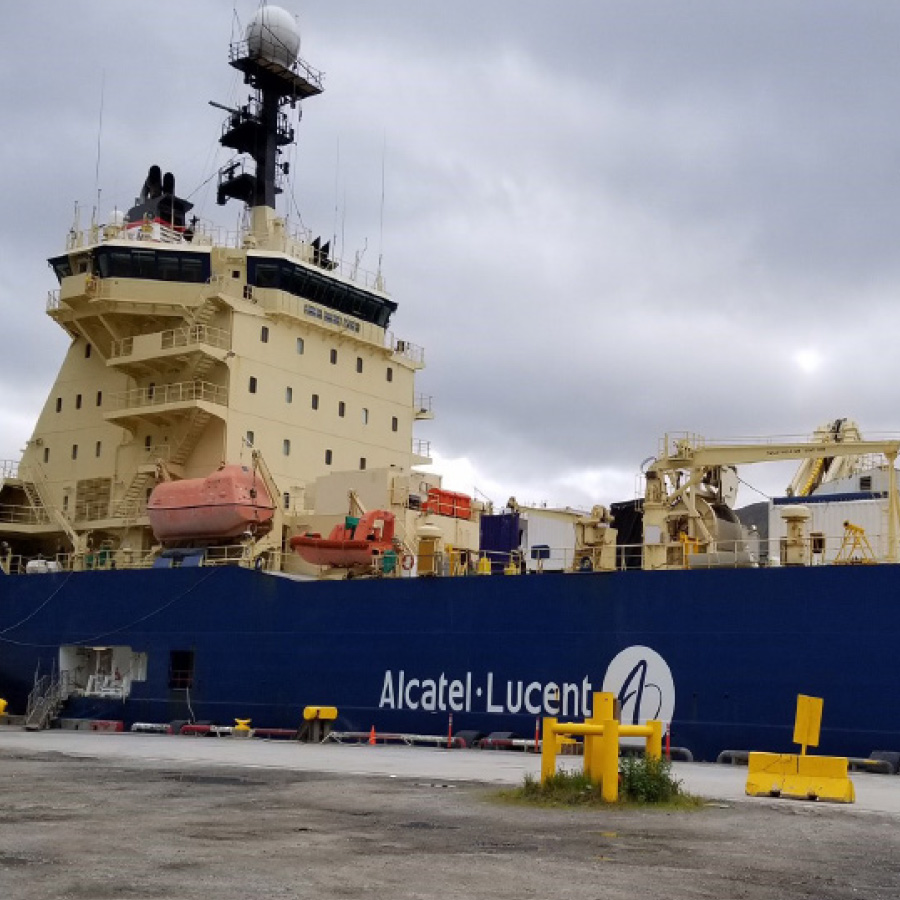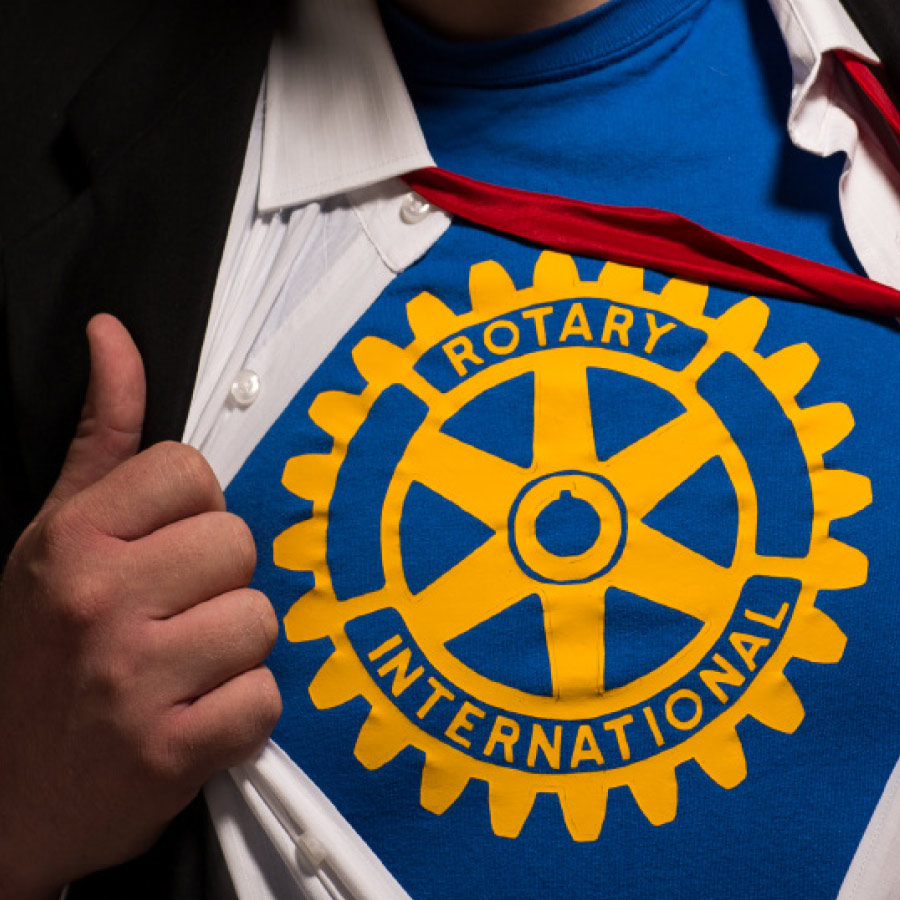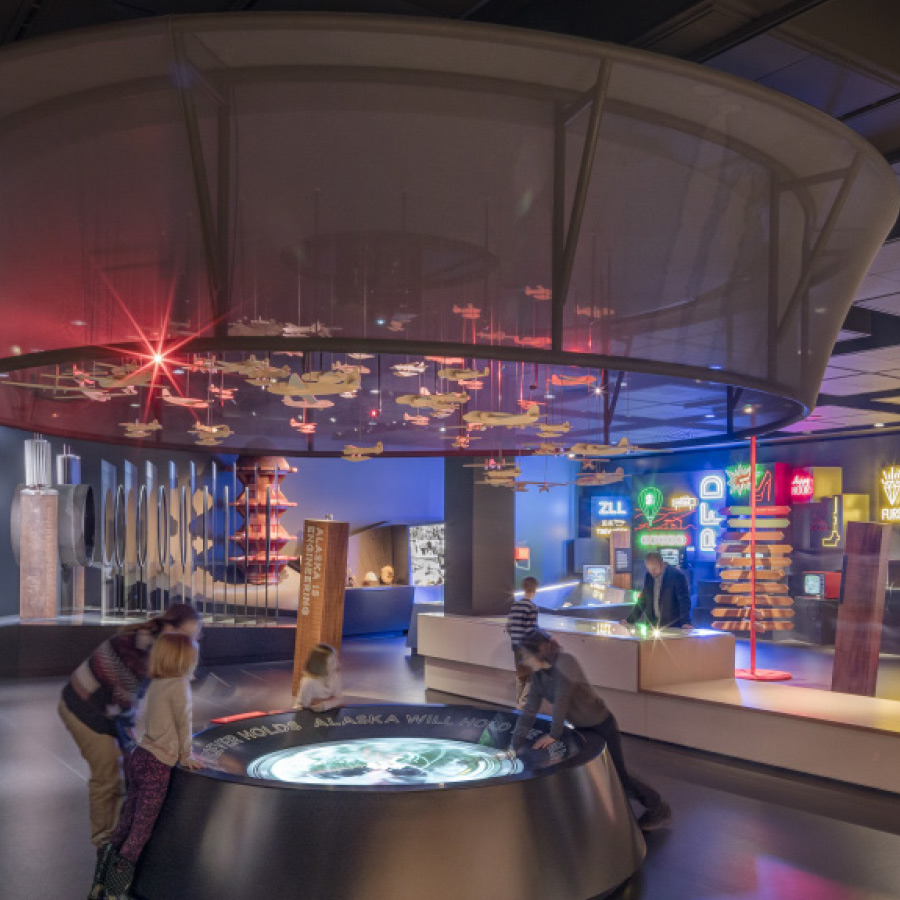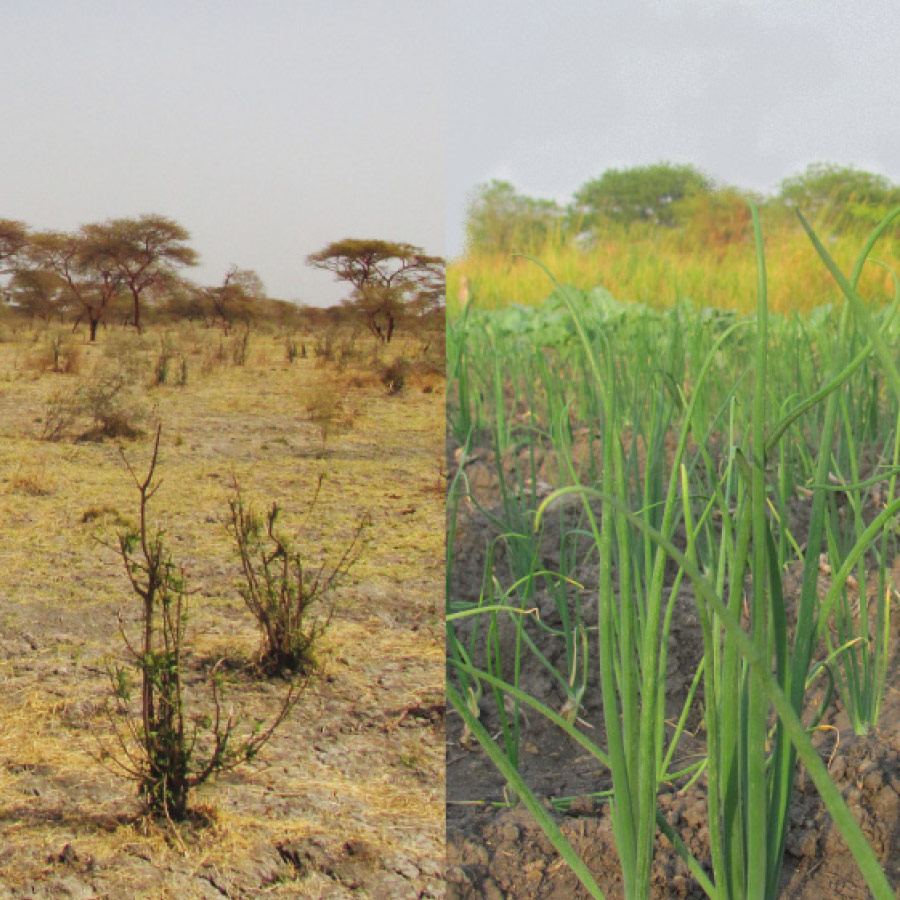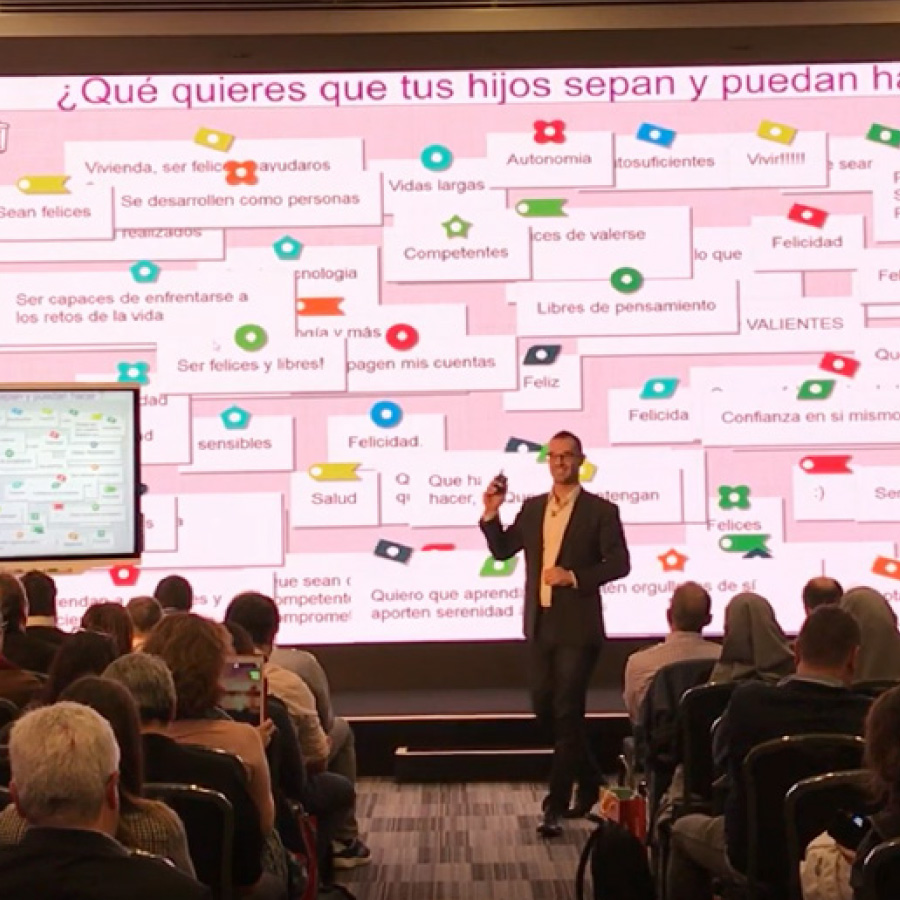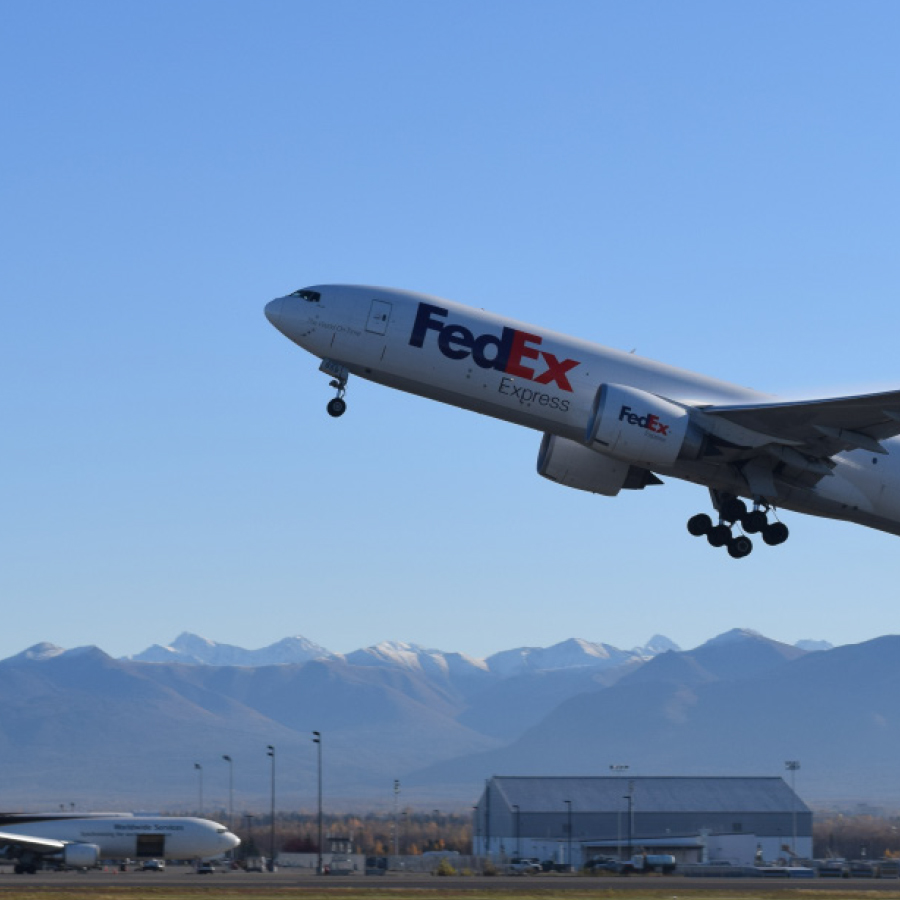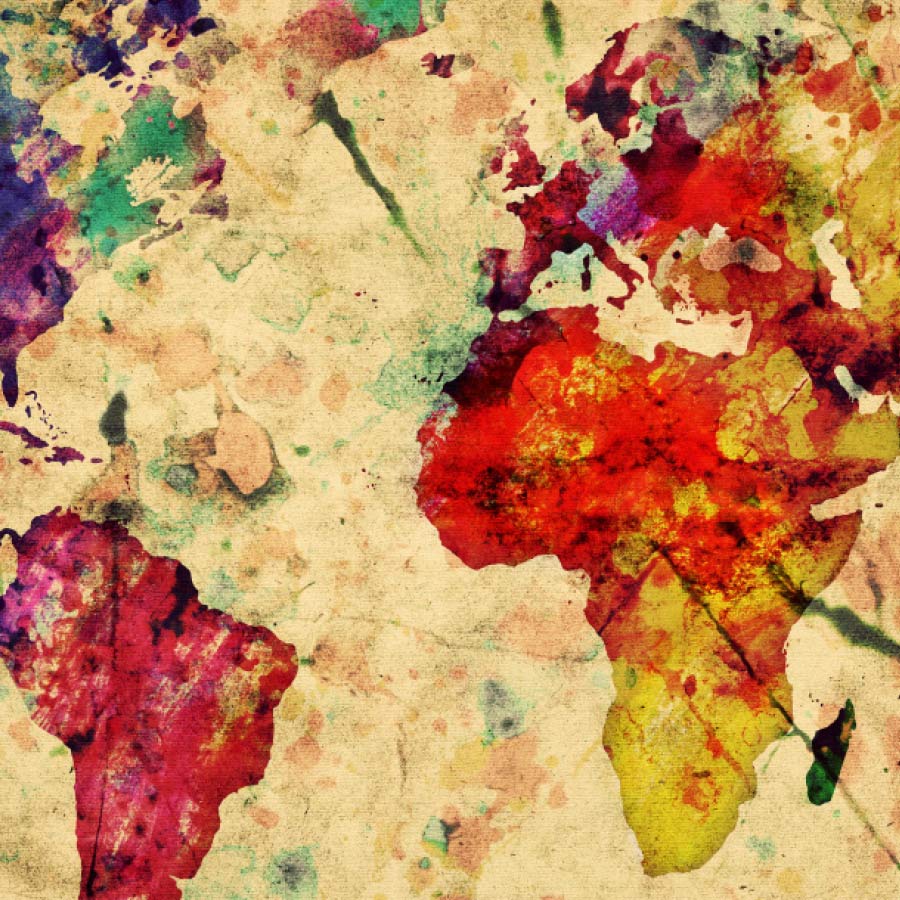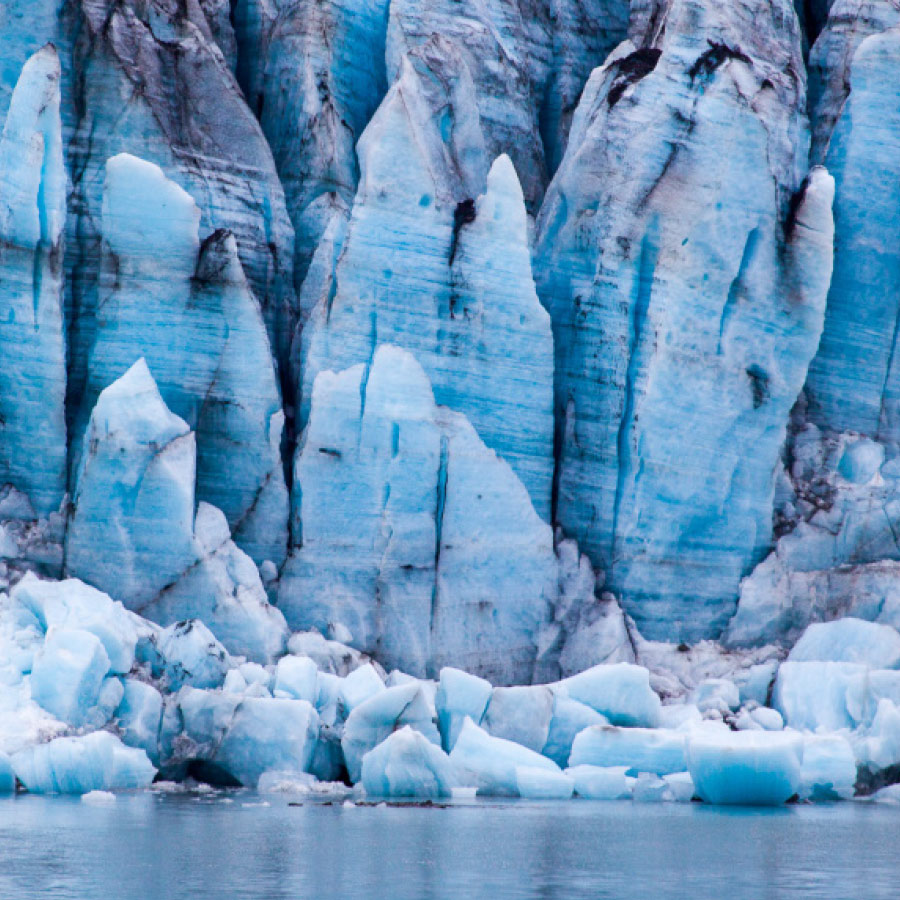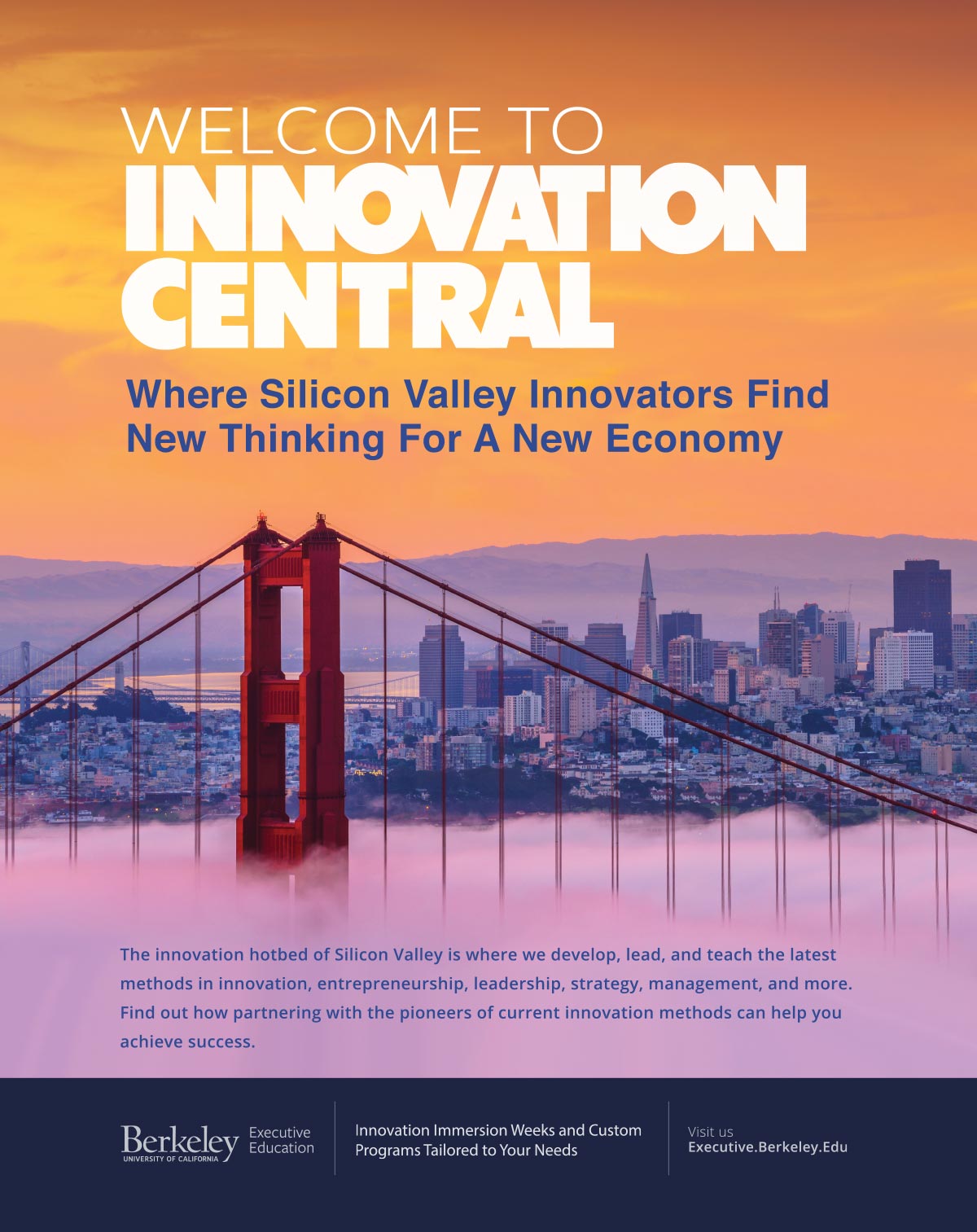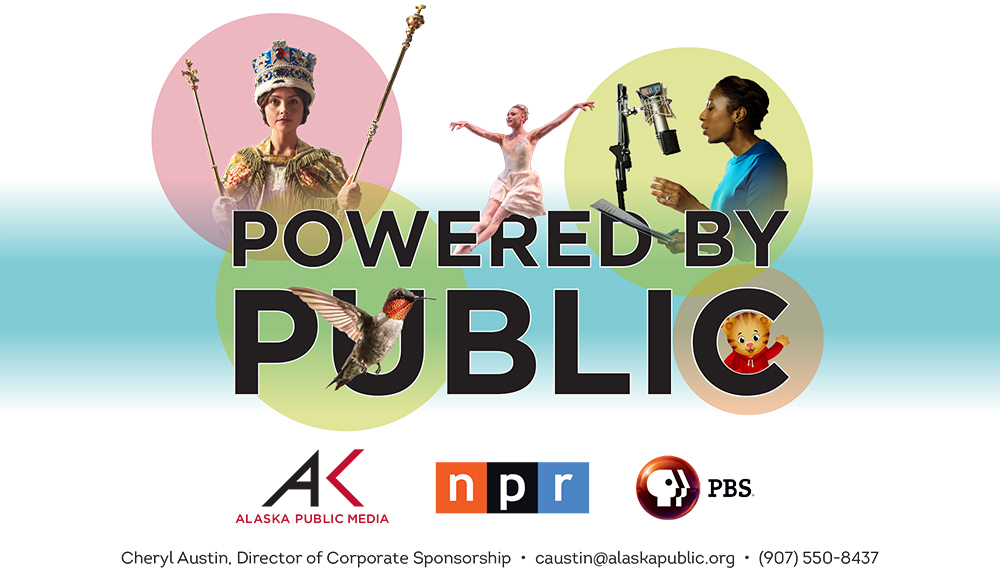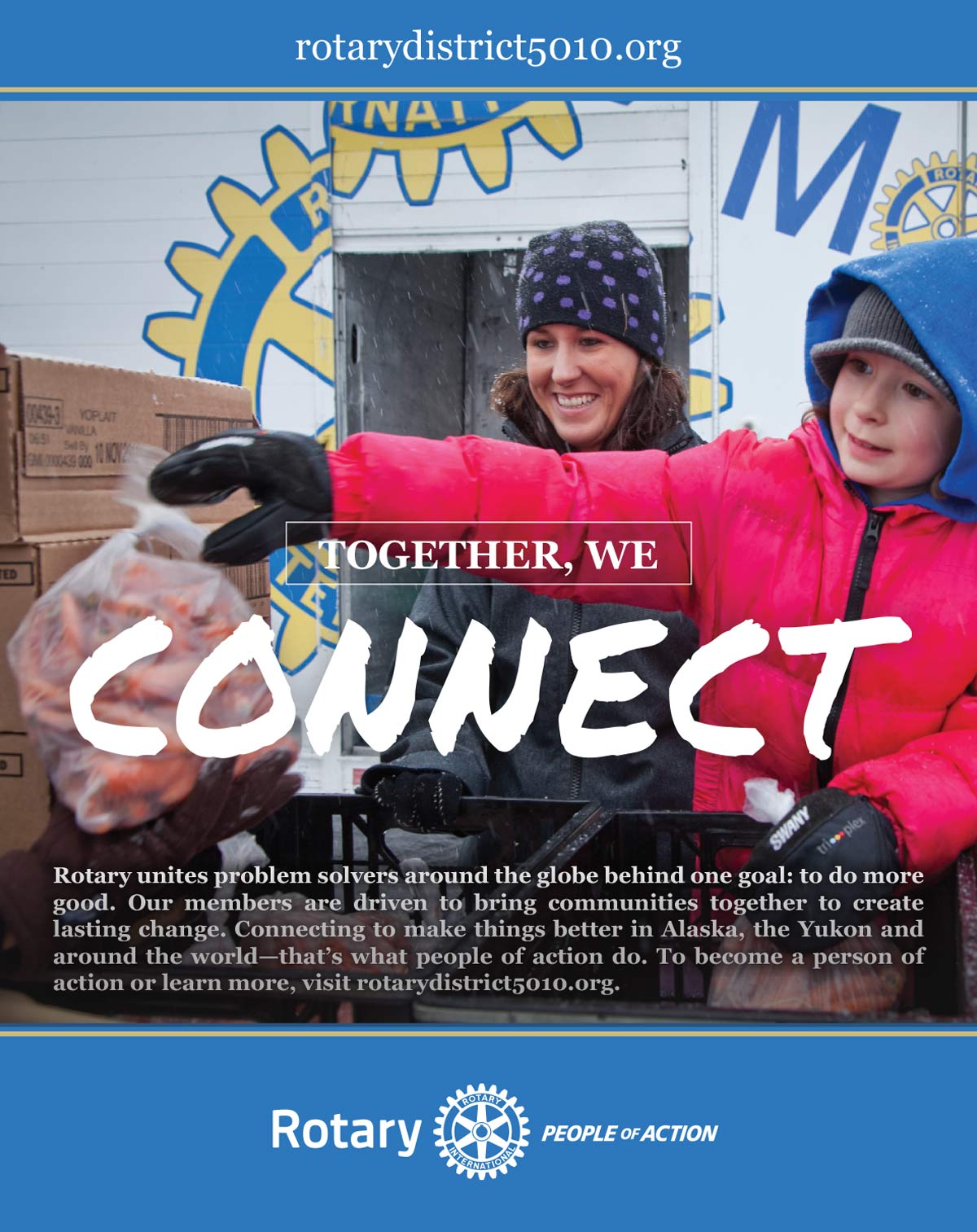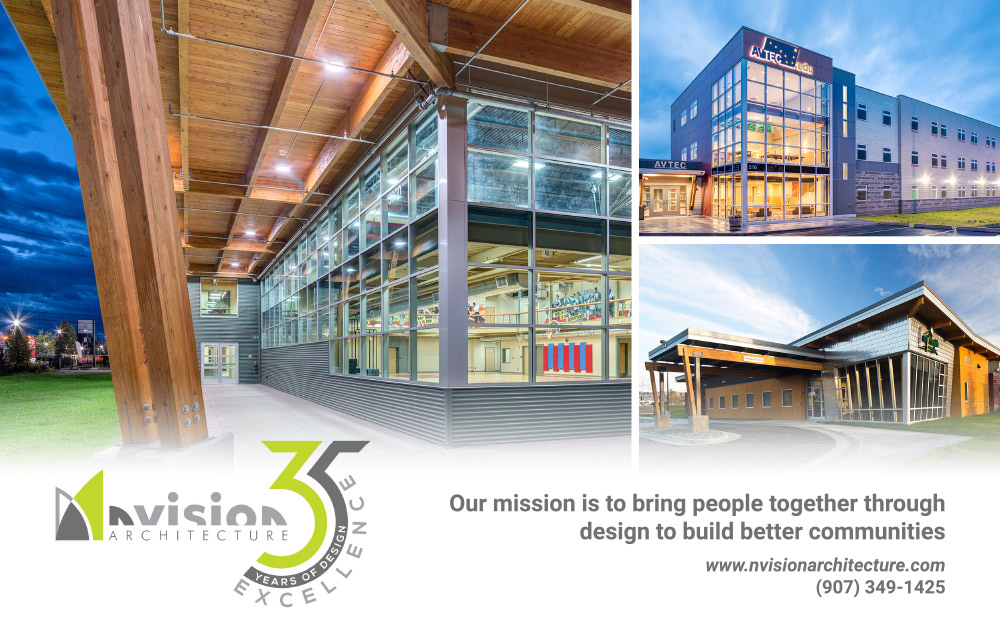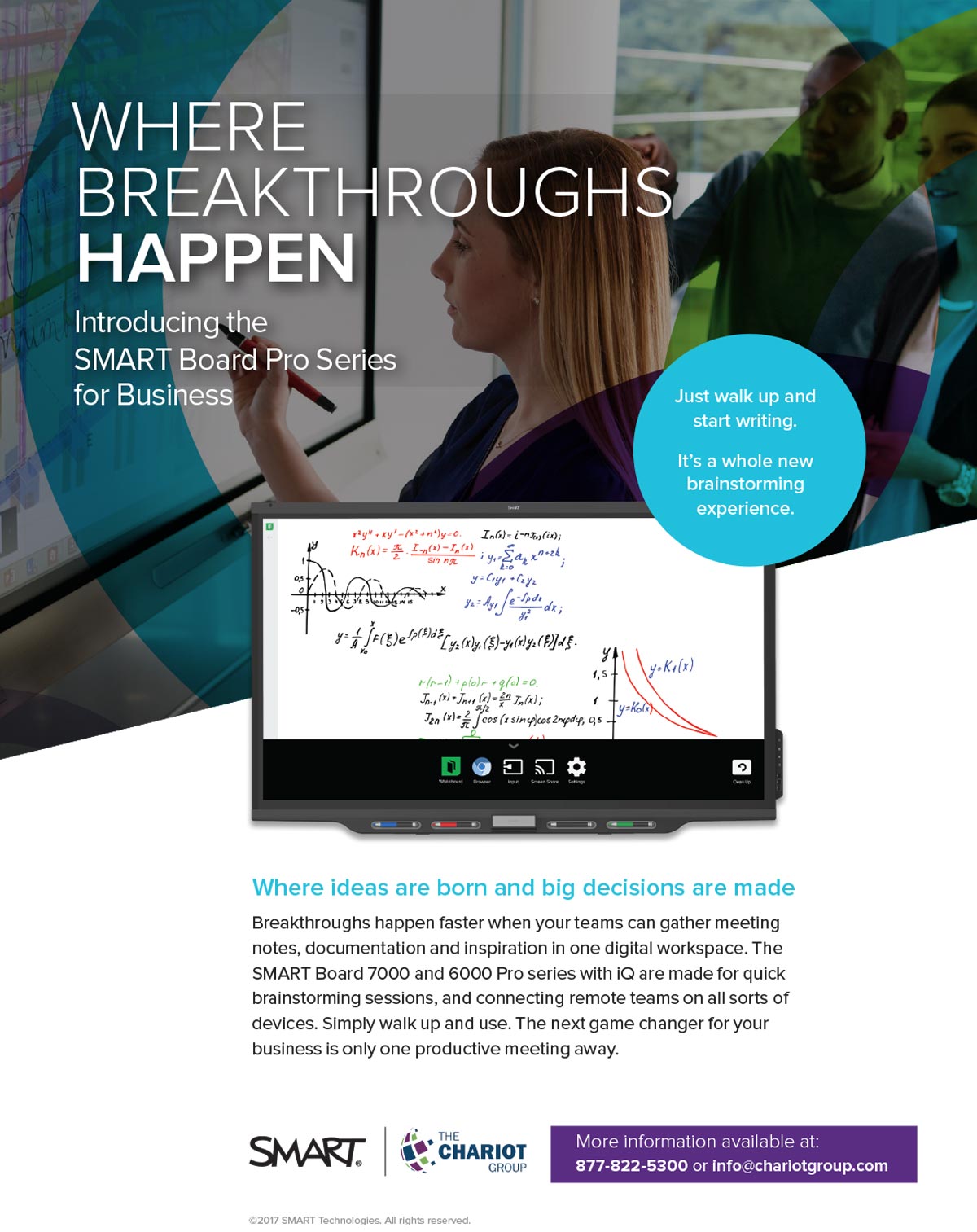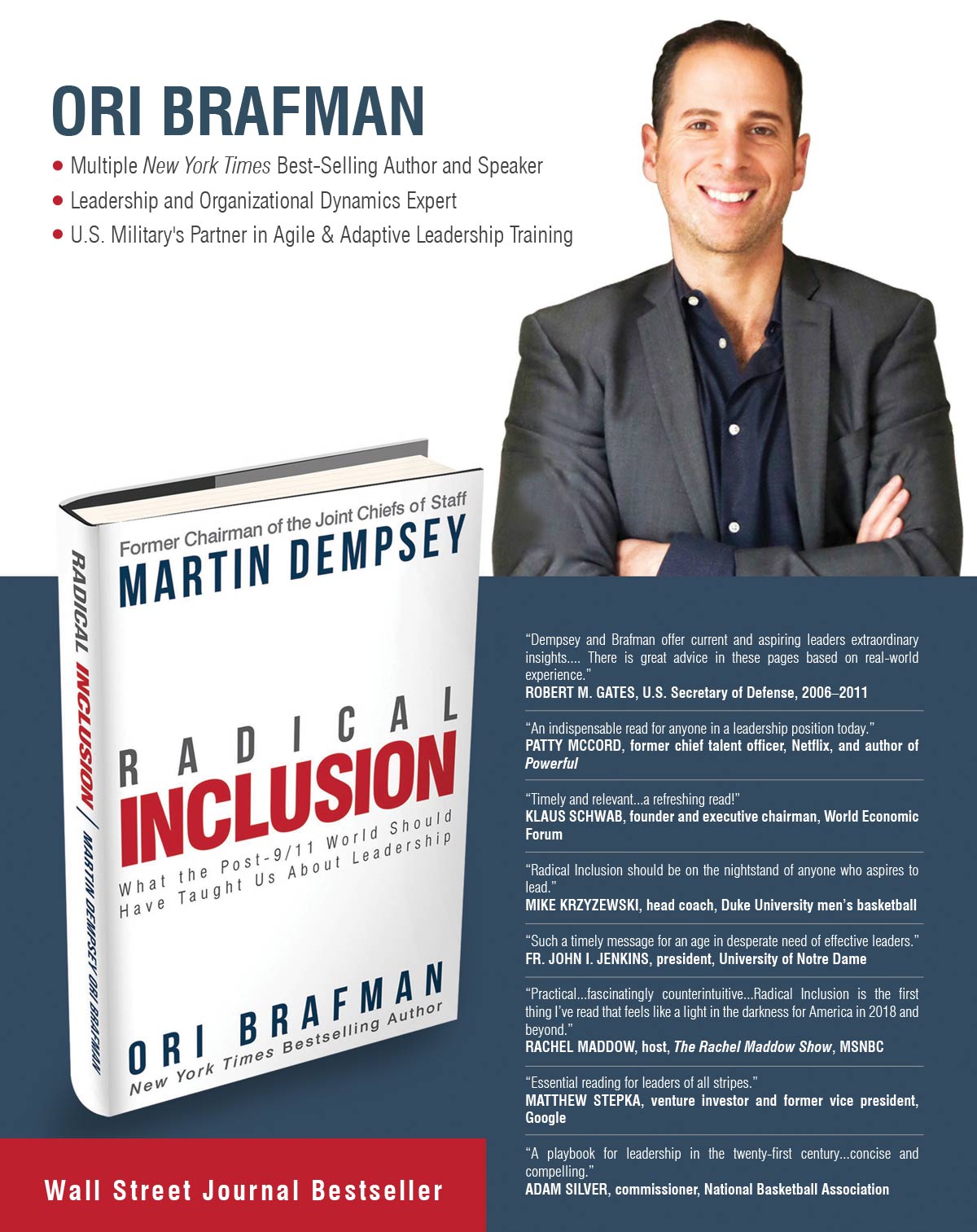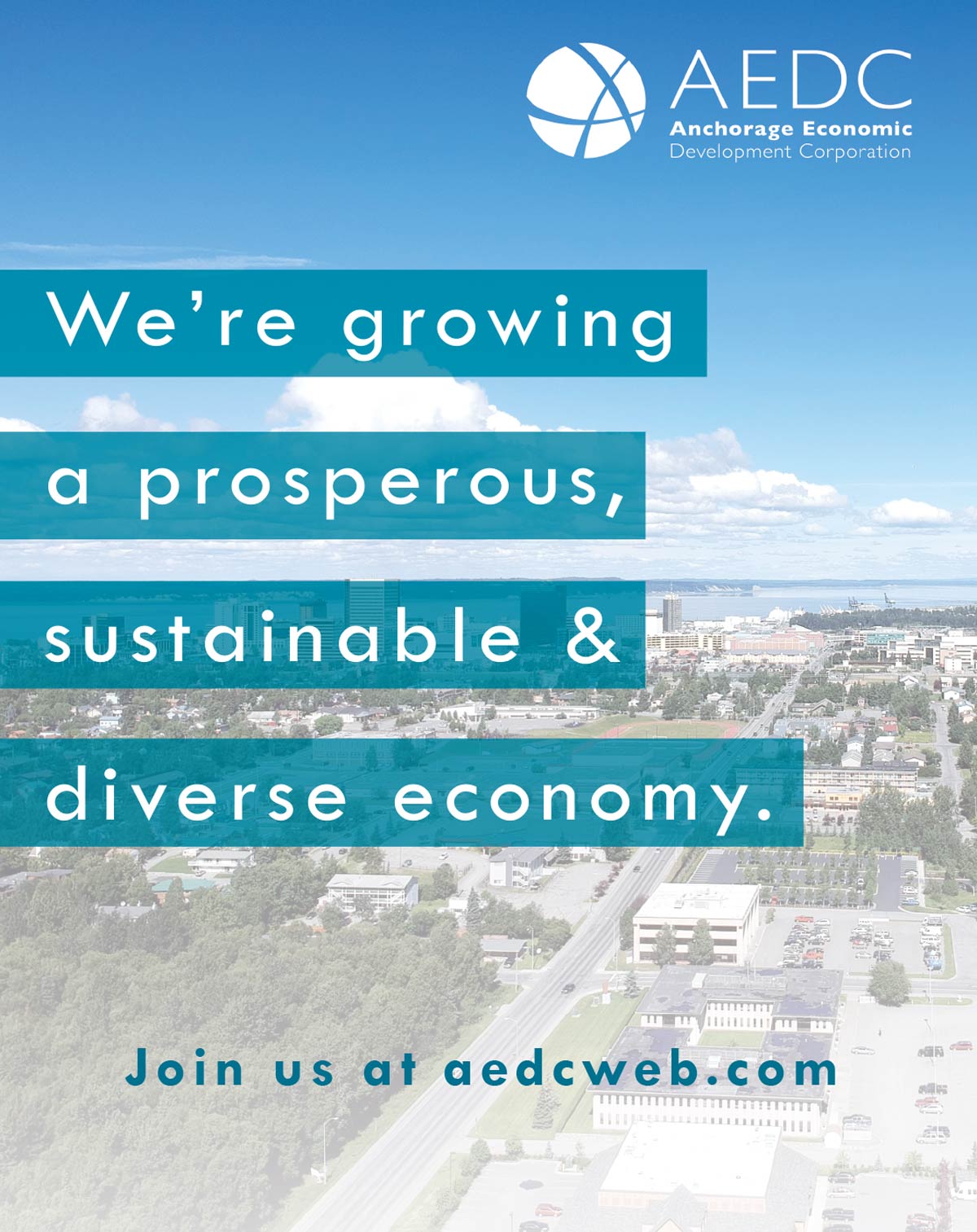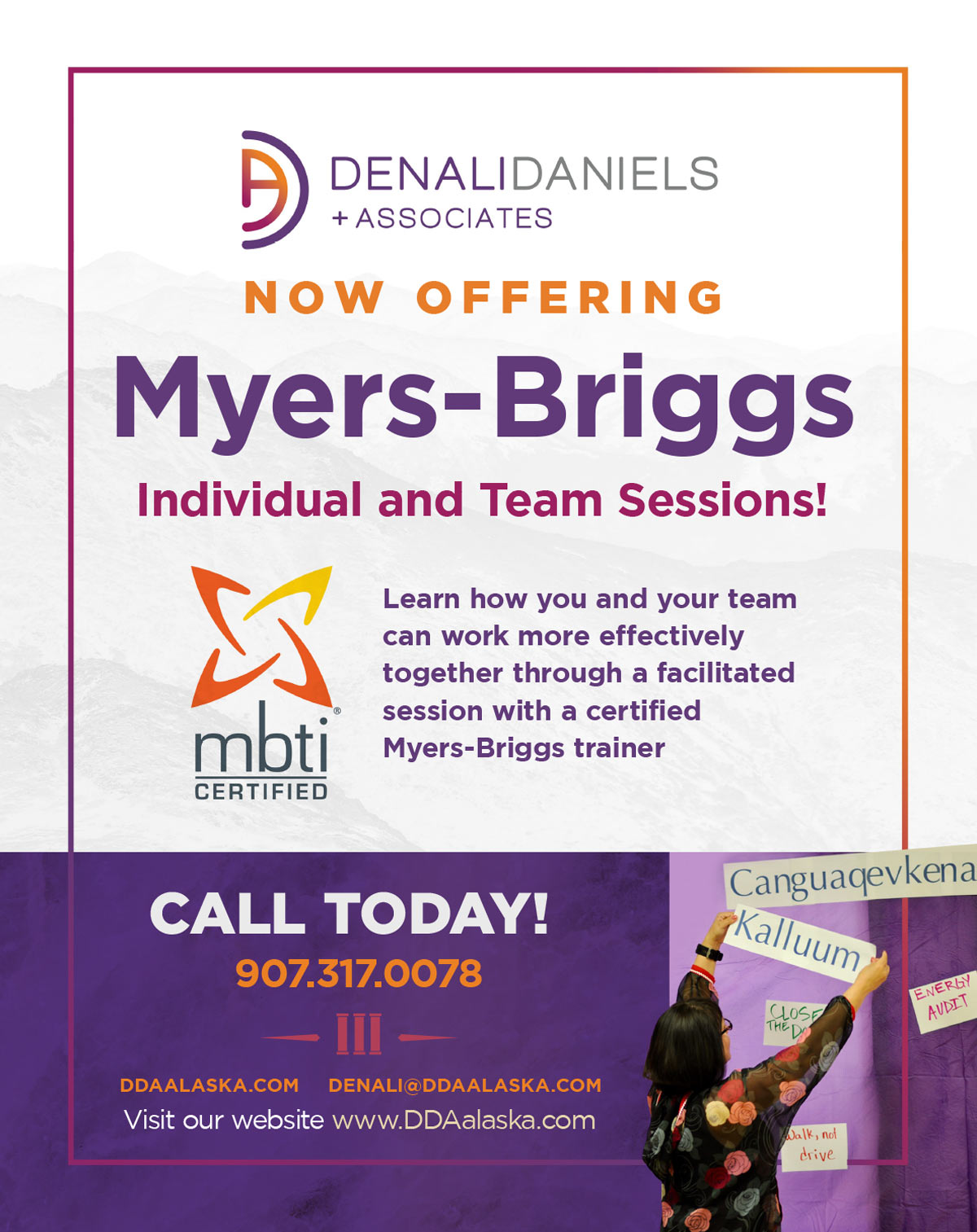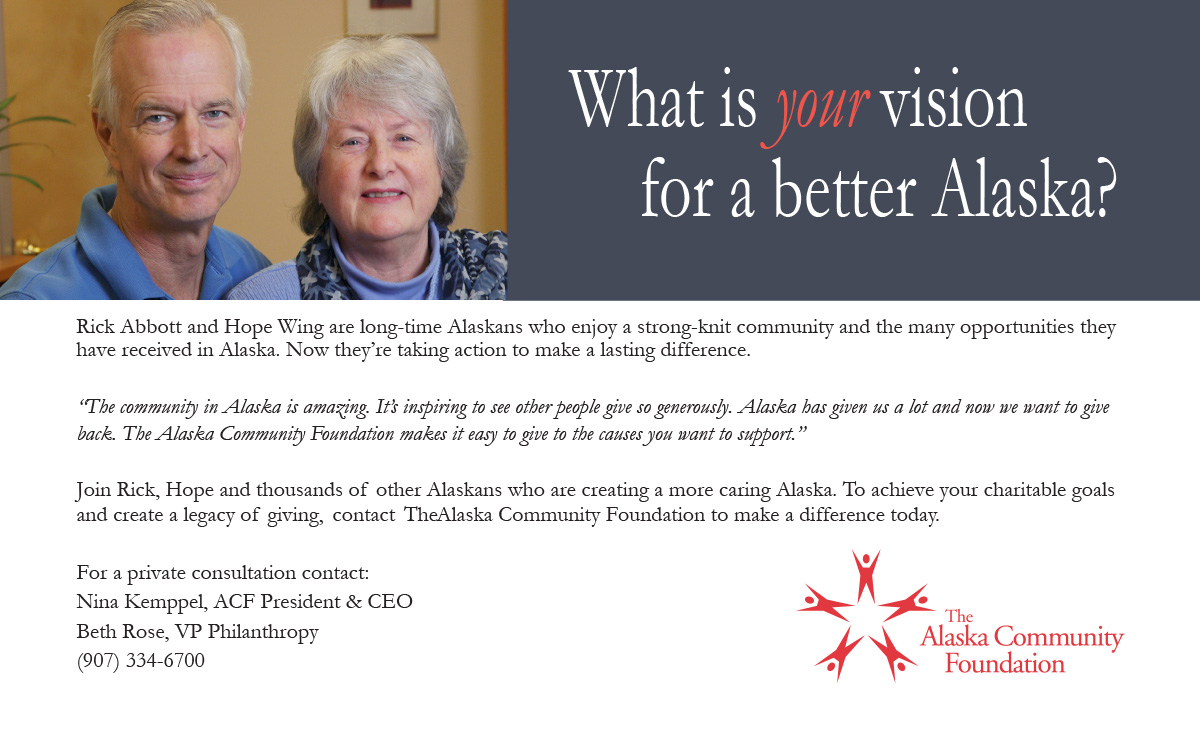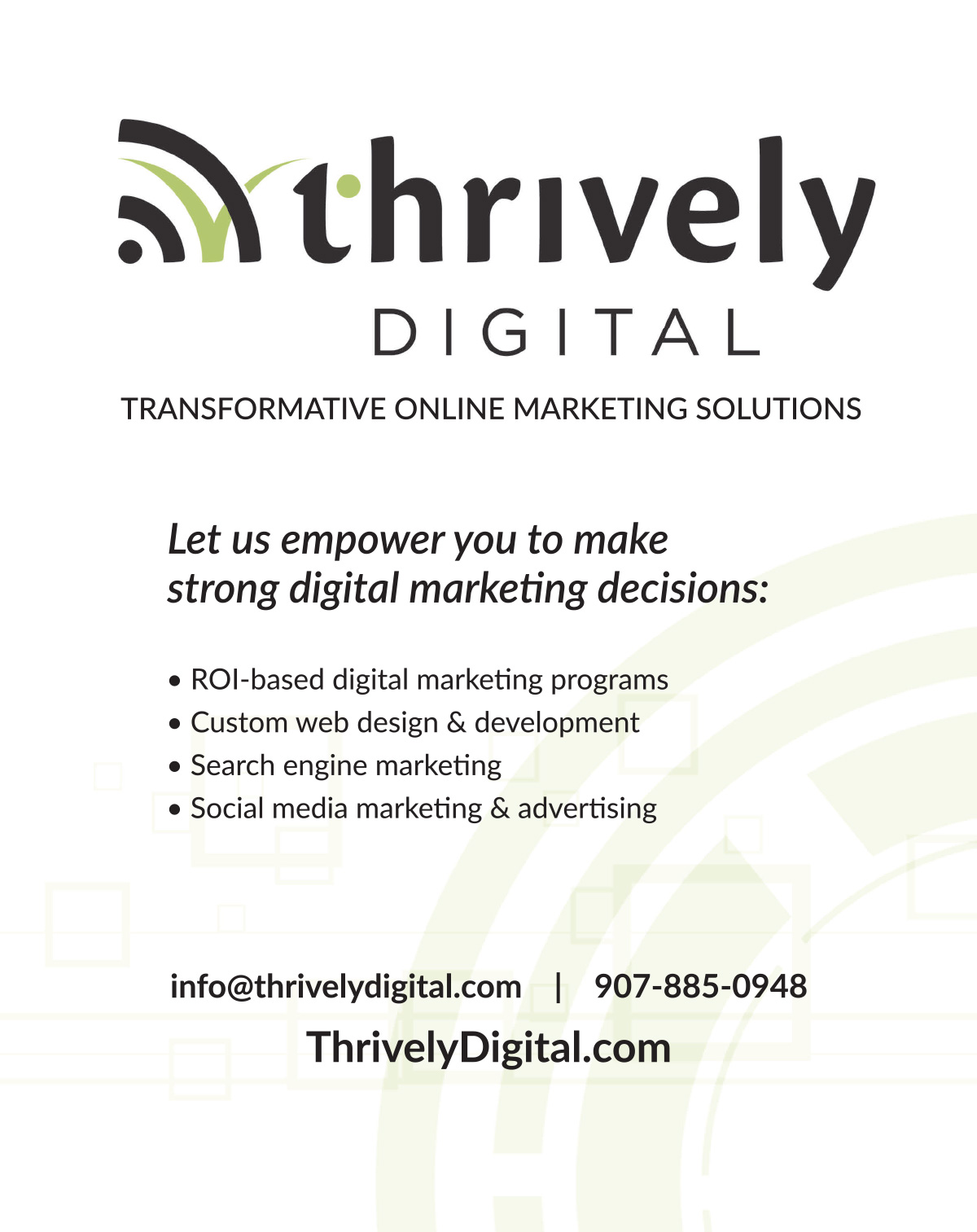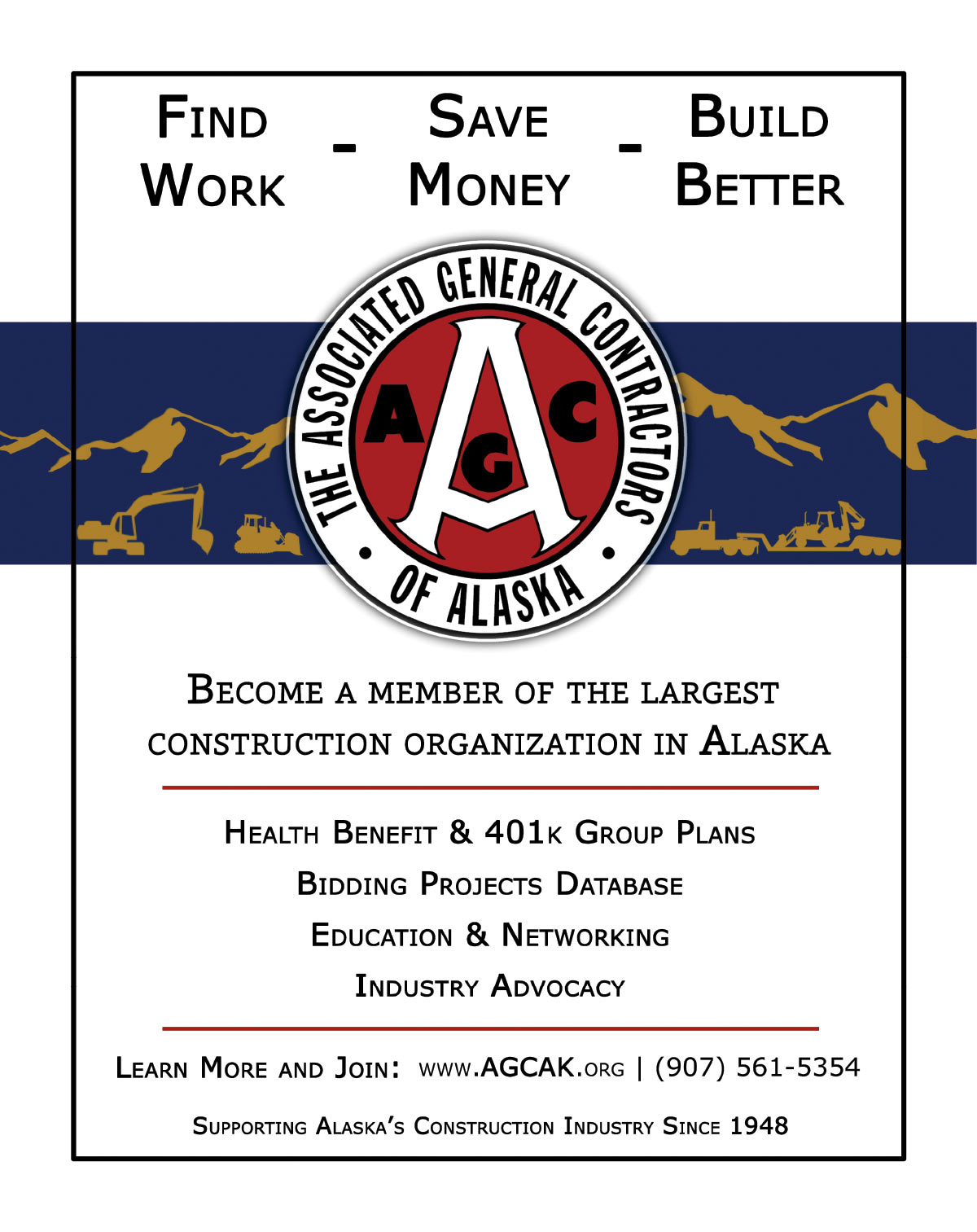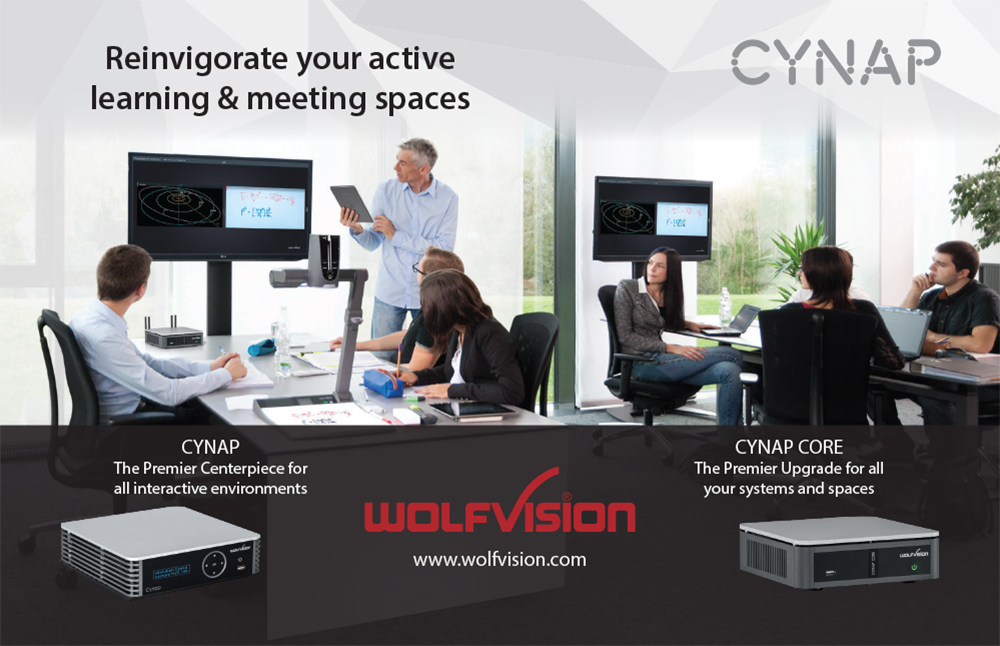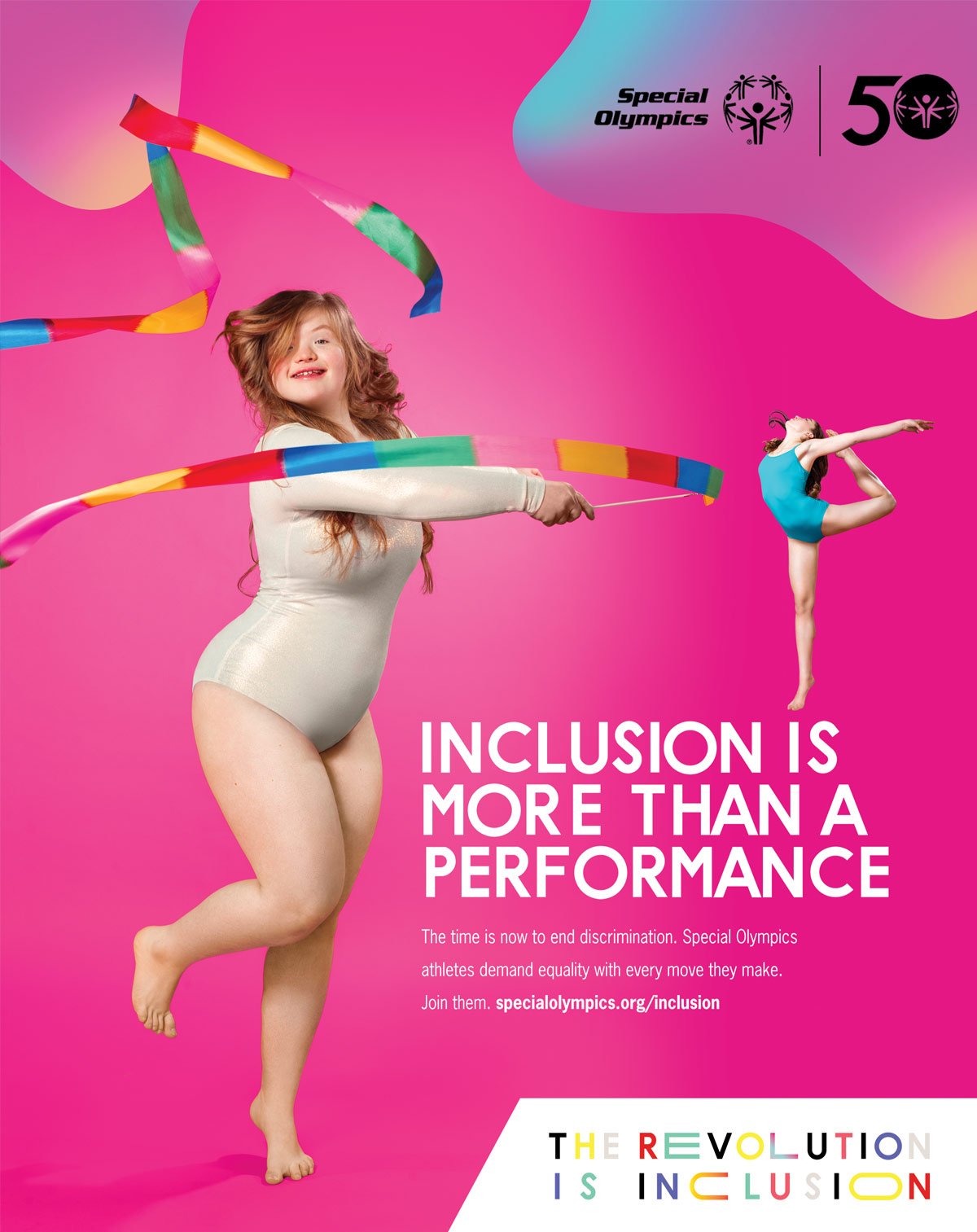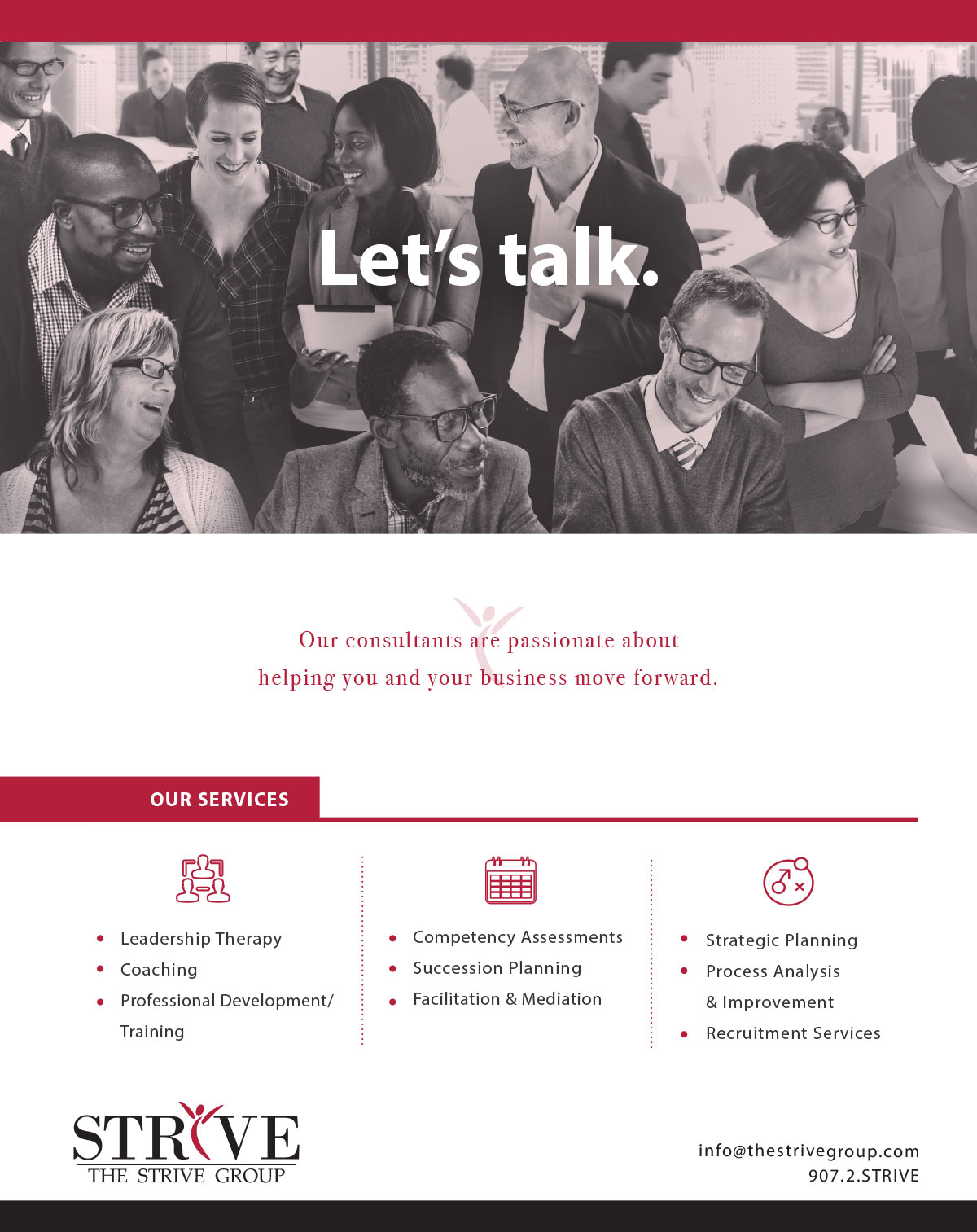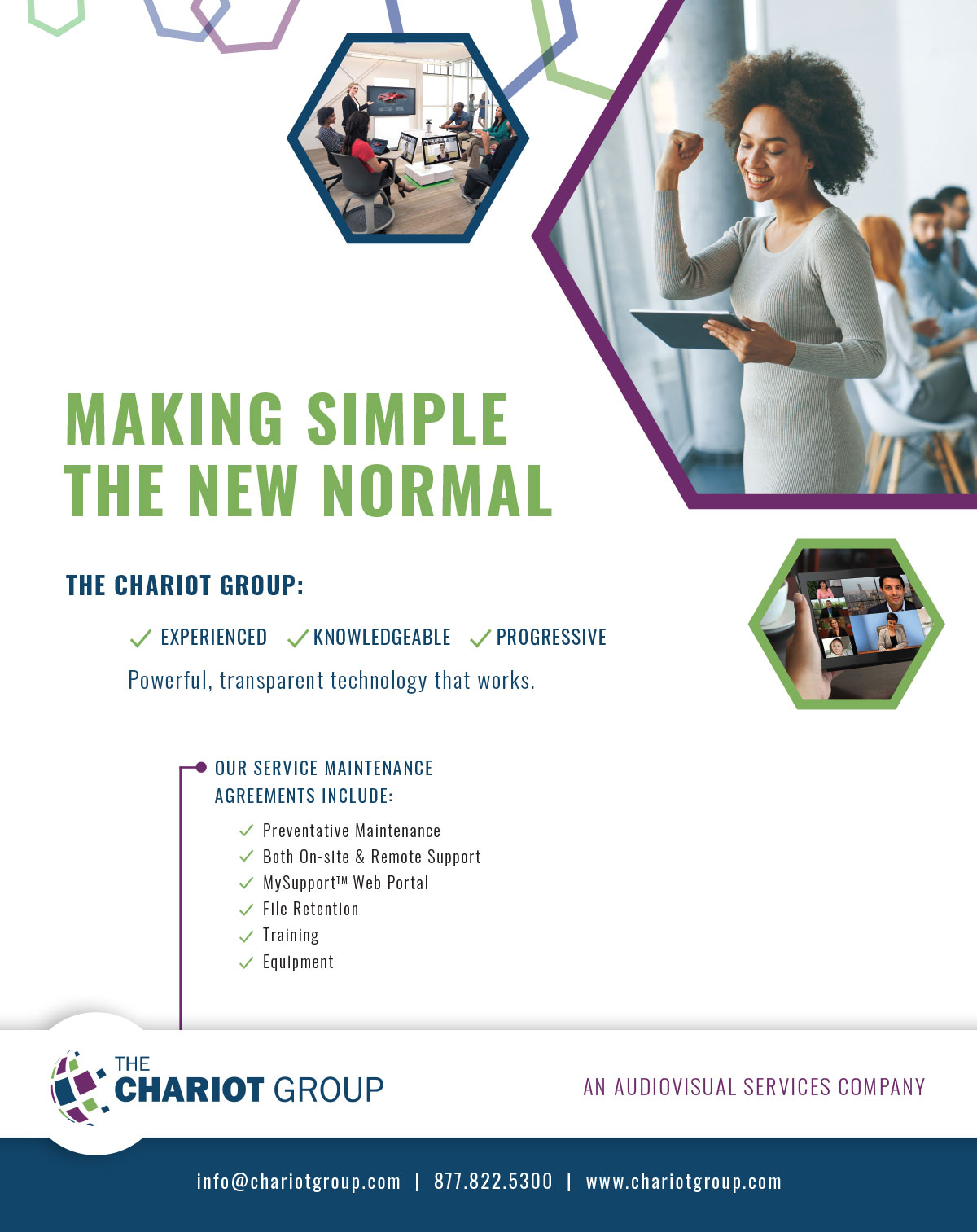
April-June 2018
Guardrails and Identity
Humankind’s tendency to conform creates the guardrails that organize our society.
I realize the statement above runs counter to how we like to view ourselves: independent free-thinkers blazing our own path in the world. For the most part, that perception is not the reality. More commonly, even individuals who have a reputation for being independent or even counterculture conform within their groups – cowboys dress like other cowboys and bikers dress like other bikers. To belong, one must fit.
So, what defines our fit, our identity, our sense of self? For most people, their occupation is the primary identity anchor. What we do for a living represents more than simply a paycheck. It often represents the gateway to personal relationships and, as such, our social network. Of course, our social network in turn majorly influences our societal views, our political ideology, and, in some cases, even our spiritual beliefs. The fact is that most people derive a substantial portion of their personal identity and self-worth from their occupation.
This being the case, what happens when we lose our job? Or worse yet, our industry? One need only to have a conversation with a taxi driver to get a sense of the resulting impact. Uber and other ridesharing services have disrupted not only the industry but the sense of security of those it employs, and autonomous vehicles loom just over the horizon. This example is just one of many and is the kind of innovation-driven change that disrupts not only our economy but our individual and cultural identity as well. By threatening our occupation, technical advancements by default threaten our sense of self and potentially our connection to community.
The social and political chaos that we are experiencing in the world today is a result of what I refer to as identity disruption. This threat to identity is the reason we are seeing such an extreme polarization in social and political forums. Without an occupation as a reliable anchor point, many are feeling untethered and adrift, and thus are seeking comfort and camaraderie in a shared ideology. It’s no surprise then that the term compromise has become so unpopular. This ideal is even reflected in our local and federal governments, both of which provide startling examples of the resulting intolerance. Many now behave as if their very way of life is at stake, breaching social norms, professional decorum, and long-established protocol to gain advantage over differing points of view. As a result, no longer are we simply debating strategy or a vision for the future, we are defending our identity as well. Compromise therefore feels akin to surrender.
Conformity does form the guardrails that organize our society. But left unchallenged, those same guardrails also limit our potential. As a nation, we must remember that this country was built by those who chose to challenge conformity. Change is uncomfortable, even terrifying at times. However, it is equally true that change is inevitable and is best navigated by those who are actively engaged. Adapting to change is part of the human experience. History is filled with stories of those who brought forth disruptive ideas and those who stood firmly against them with their ideology rooted firmly in the status quo. We cannot retreat to the familiar but must move forward seeking the possible while actively selecting the positive. Lest we forget, the world was once flat and only birds were meant to fly.

APR – JUN 2018
Editor
Nance Larsen
Cover & Cover Story Photos
Jim Block
Visualizer
Jeanette Hamje
Administration
Emmalee Bishop
Karin Norgard
Publisher
Rick Thomas
Published By
The STRIVE Group
Sales
sales@thestriveproject.com
907.278.7483
Copyright © 2018
The Strive Group, LLC
All rights reserved.
![]()
Subscribe to the magazine:
thestriveproject.com/subscribe
Contents
Cover Story
By Dana Magenau
Managing Director
Asia Pacific
UC Berkeley Executive Education
By Kristina Woolston
Connecting the world through the Last Frontier.
By Dr. Lisa Skiles Parady
Preparing future leaders.
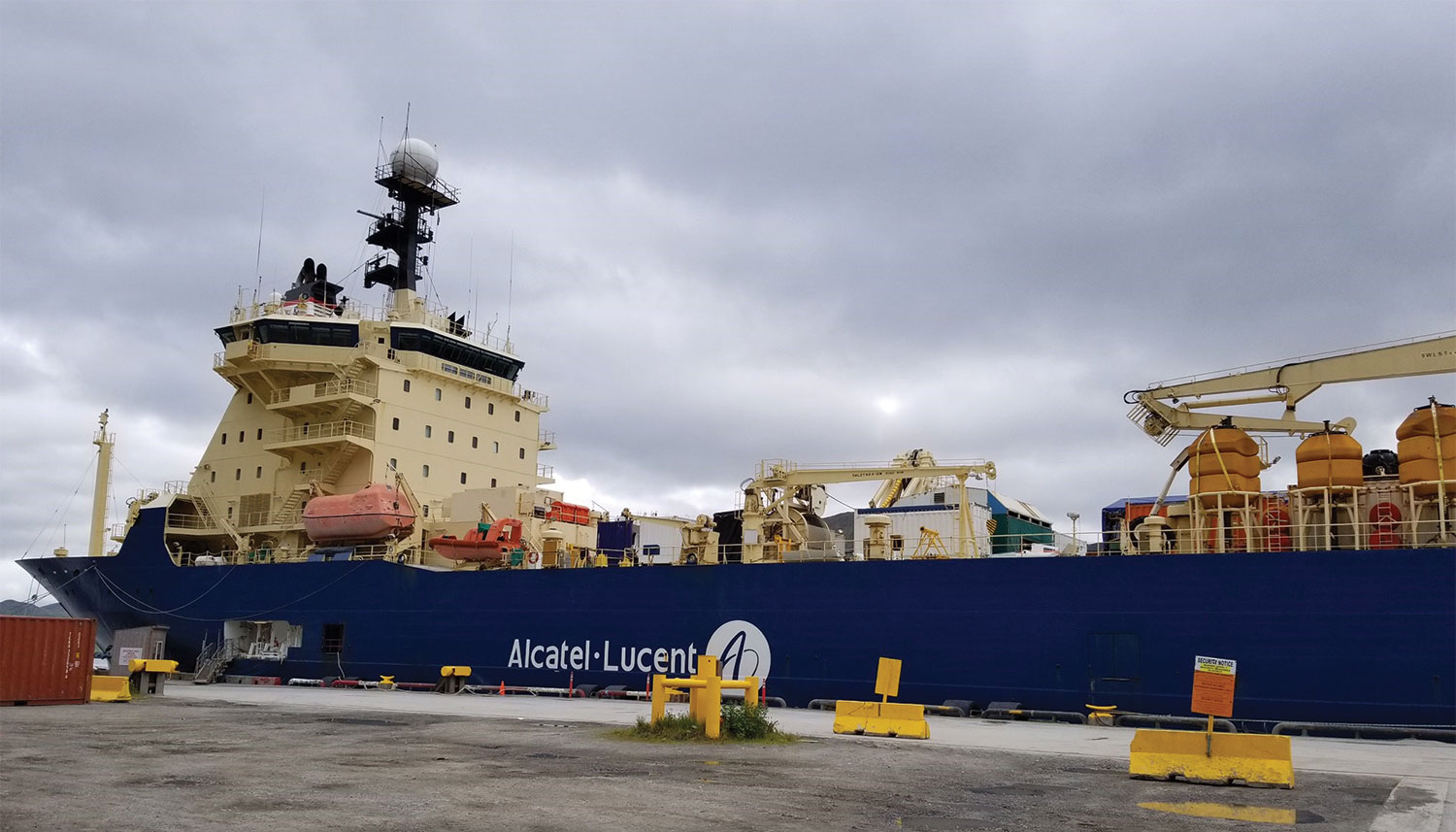
Alaska: The Next Digital Crossroads
By Kristina Woolston
As I look at a world map, it’s easy for me to see why Alaska’s largest city once dubbed itself the ‘air crossroads of the world.’ Starting in the 1960s, as many as seven different international airlines stopped in Anchorage to refuel on their way back and forth to Asia. Commercial airlines now routinely cross the Pacific nonstop, but it’s been interesting for me to watch as major cargo carriers UPS and FedEx make Anchorage an anchor in their systems, forging strategic inroads into the burgeoning Asian market.
Thanks to this strategic point on the globe, I get to witness Alaska become a ‘digital crossroads of the world,’ serving as the midway point of a new fiber optic cable system that will connect Asia and Europe through North America. A few hundred miles north of my hometown, a critical first phase of this project is already complete in Alaska’s Arctic.
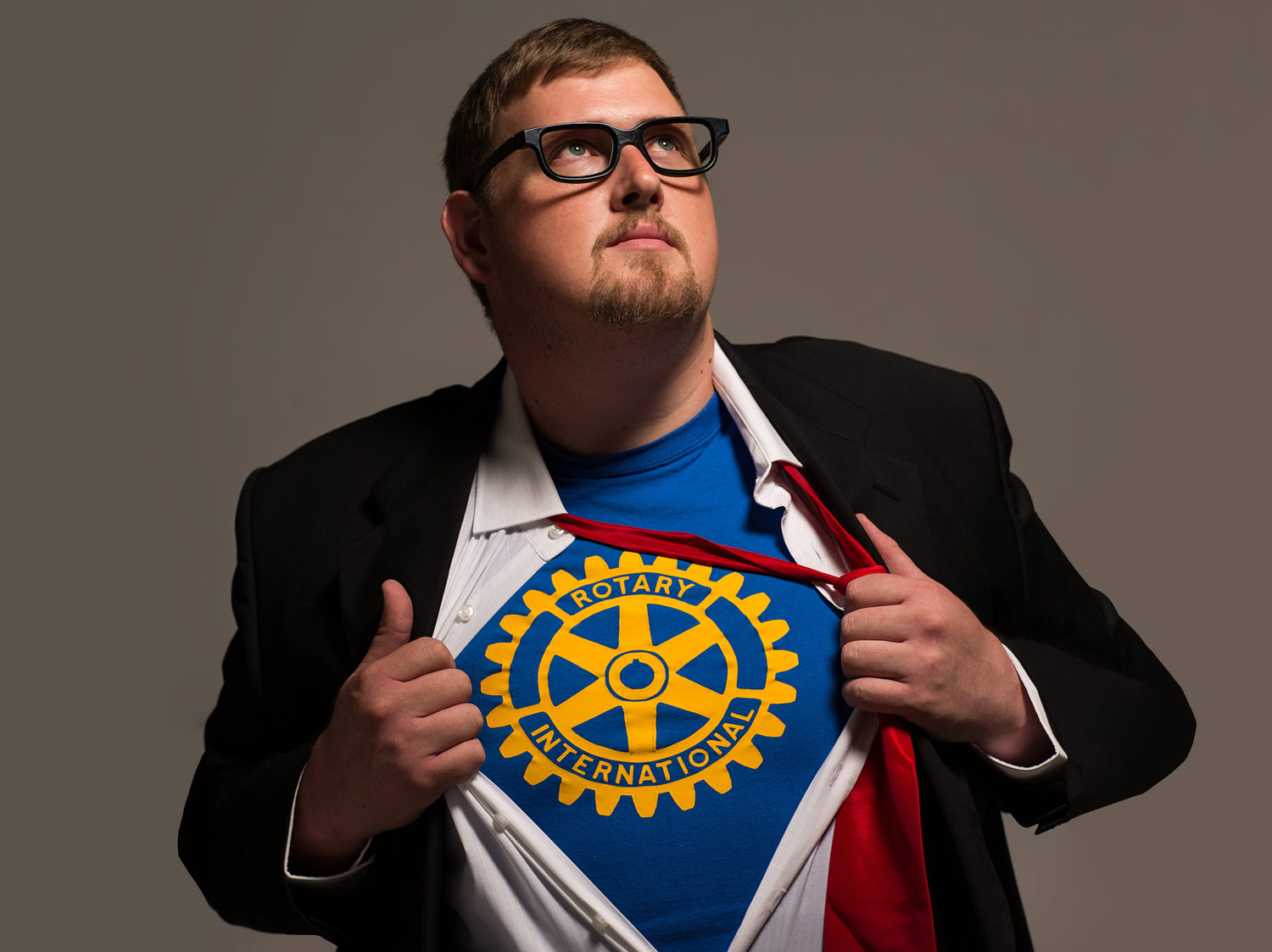
Millennials: The New Service-Minded Superheroes
By Evan Burrell
Odds are you had a favourite superhero as a child. Maybe it was Superman or Wonder Woman or even Spiderman, weaving webs and leaping tall buildings in a single bound to help those in need.
Now that we’re older, we know all too well that superheroes are hard to find unless you go to the local Cineplex. But there is another place you can find modern-day superheroes: Your local Rotary Club!
Maybe you have seen the Rotary wheel on a rusty old signpost at the side of the road as you have driven past. Maybe your Grandpa was involved in Rotary. Or perhaps you’ve seen smiling Rotarians doing worthwhile things in your local community.
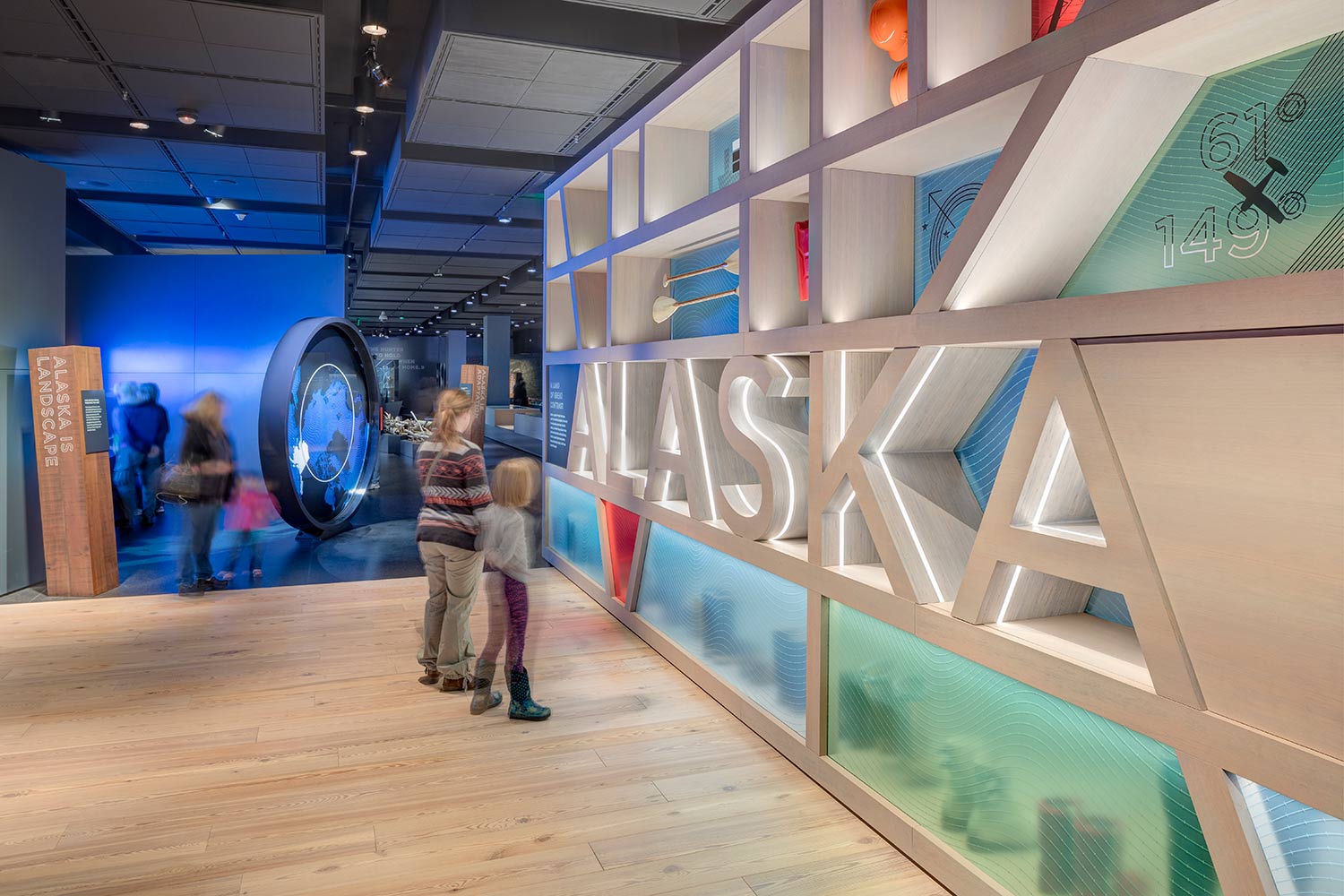
Curating the Future
By Dr. Julie Decker
In the fall of 2017, the Anchorage Museum opened a new wing and a major new exhibition about Alaska. Major capital projects with complex public/private partnerships made the expansion possible. With these spaces, the Museum has dedicated galleries for its mission to tell the story of the North through art, design, history, science, and culture.
For years, museums were focused on protecting objects, forced to defend funding and become risk-adverse in order to survive and find longevity. But changing community needs along with new modes of engagement create imperatives for museums to serve the community in ways that extend beyond traditional institutional formats and settings. Museums must now be multifaceted institutions, less about what’s on display than on being a broader community catalyst.
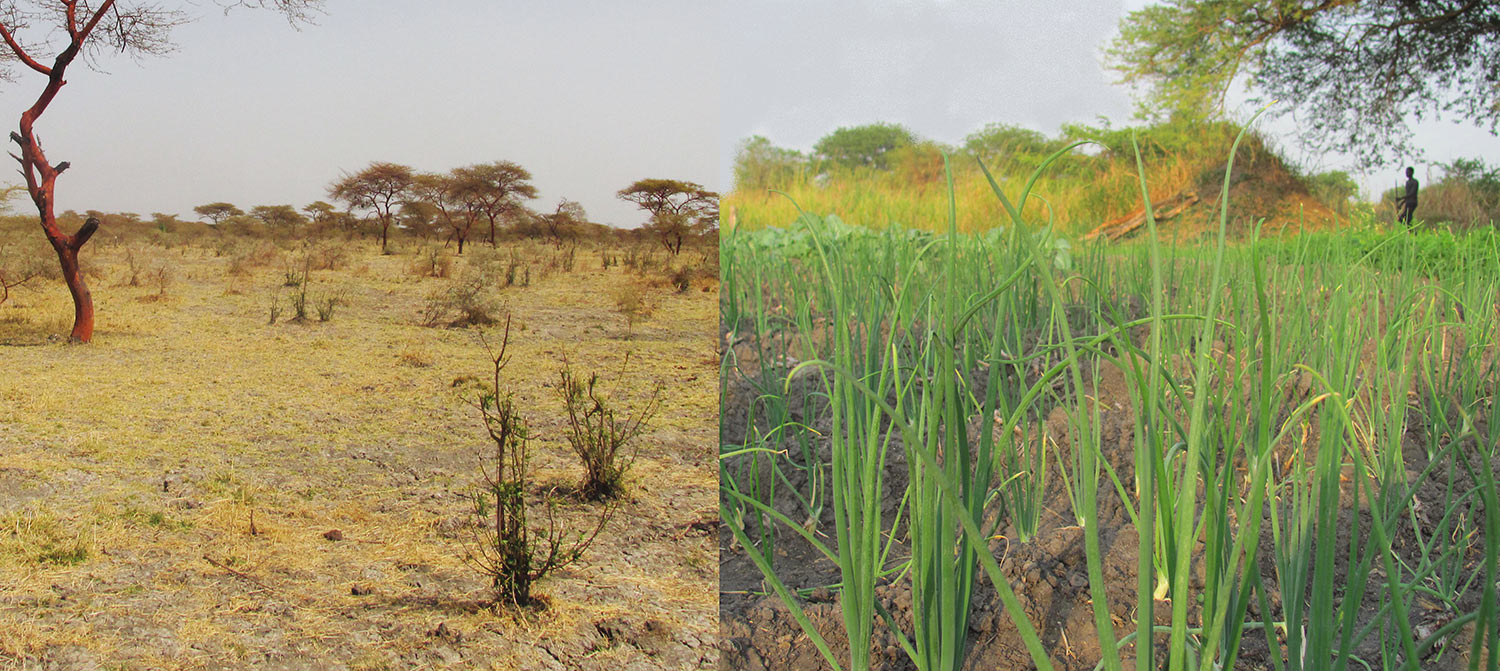
Guns to Garden Tools
By Dr. Jack Hickel
How does someone survive in South Sudan, where the most recent civil war is entering its fifth year? It is the world’s most failed state, where famine is raging and the refugee crisis is the biggest in Africa. Unfortunately, many do not survive. Tens of thousands have been killed, and millions have become refugees.
Thus far, 92 aid workers have been killed during the war. Others have been kidnapped and held hostage. How does someone make a positive impact in the most dangerous place on the planet for working humanitarian aid groups? Through a lot of hard work, guts, and touch of craziness… for which Alaskans are well suited.
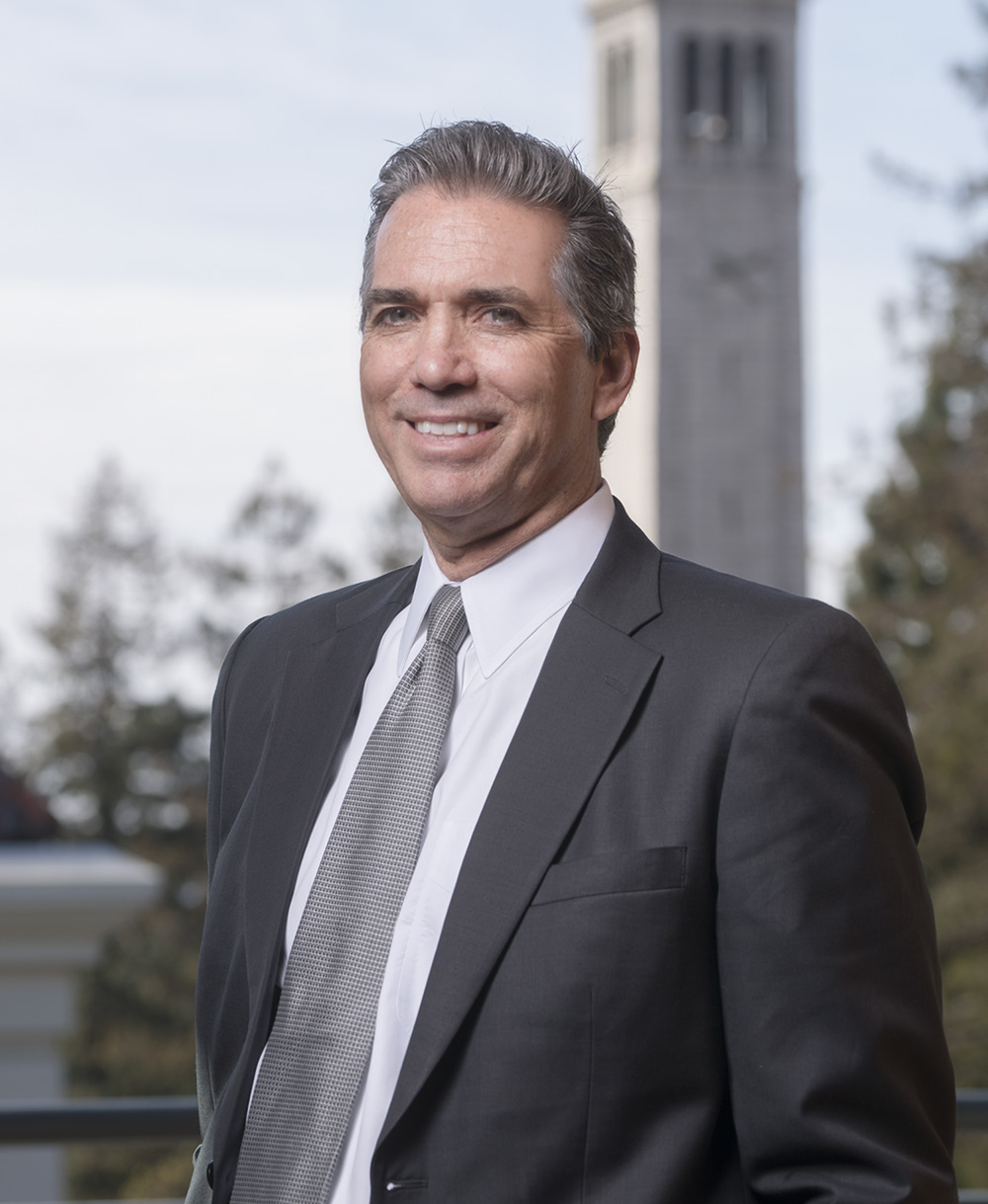
A Culture of Global Possibilities
By Dana Magenau
What other campus can claim to be the birthplace of both the atomic bomb and the free speech movement? How many universities have elements tagged with their name? What other institution offers degrees in financial engineering and campanology?
I am lucky to work in executive education at the world’s number one public university: the University of California Berkeley. Its Haas School of Business is the second oldest in the United States and consistently ranks in the top 10, a remarkable feat considering all elite business schools are private institutions. Haas’ mission? To “develop leaders who redefine how we do business.”
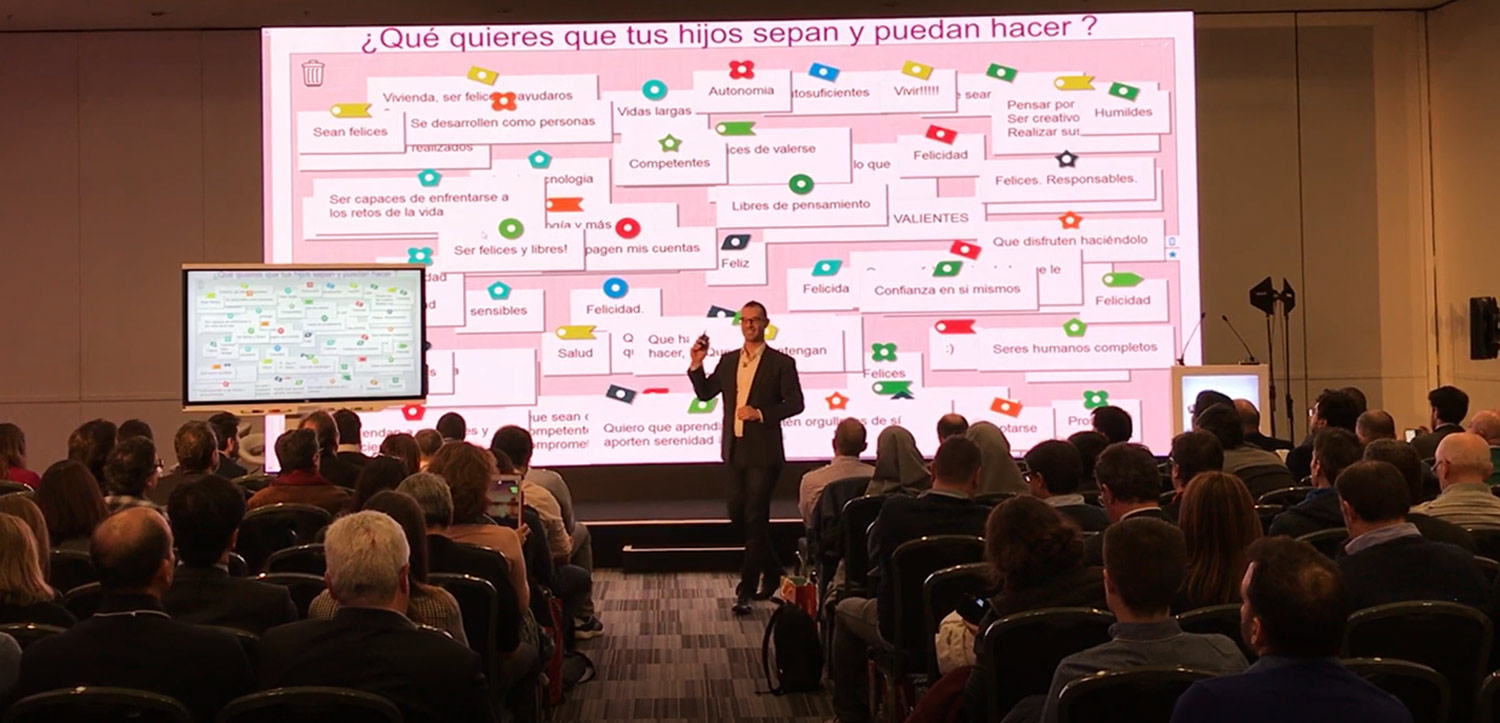
Two hundred Spanish government officials populate Giancarlo’s slides during a session in London, England in 2018
The Art of Sharing Knowledge
By Giancarlo Brotto
When I was a kid, I remember sitting in a large auditorium watching a speaker address a room full of people and thinking, Wow, what does it take to be so capable that you get the opportunity to stand on stage and share knowledge with so many people?
As a 10-year old kid still struggling with long division, the thought of being able to remember and articulate so many facts unaided in a set period of time seemed like an impossible feat. But as impossible as it seemed, the honor of being asked to address a large audience was motivating and became the catalyst for me to work toward that privilege. Ironically, after several years of speaking in front of large audiences, I realized my aspirations were wrong.
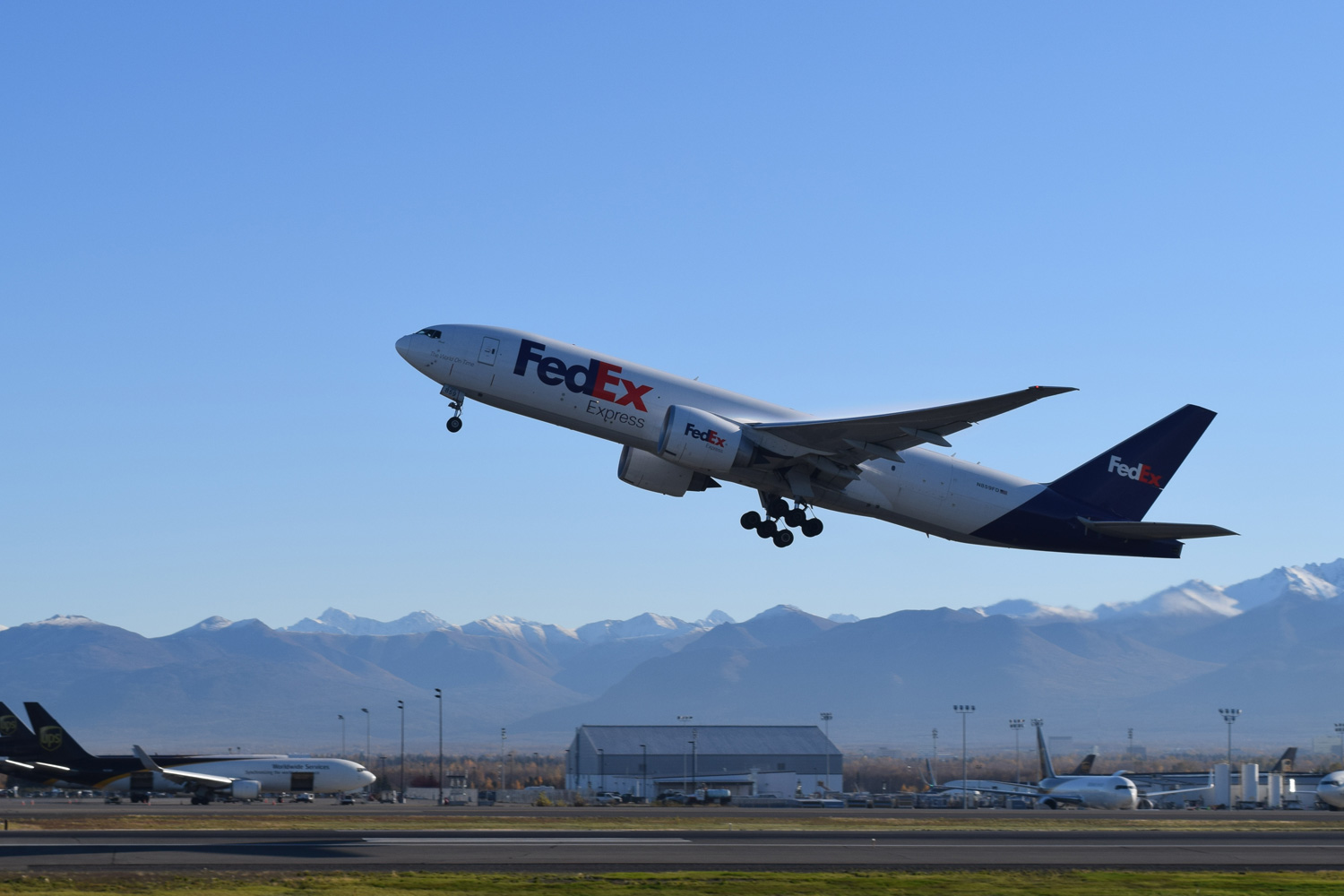
Connecting the World
By Dr. Philip Price & NJ Harrison
When Alaskans travel “outside” (i.e, anywhere in the world that’s not Alaska), they are often hit with questions about ice road truckers, Deadliest Catch fishermen, the Iditarod, and, more recently, the melting polar ice caps and the Northwest Passage.
As a child growing up in Ireland, I remember reading perilous tales of Gold Rush stampeders, in which those who were well supplied survived and those who were not perished. As a young adult, I watched news coverage of the Iditarod Trail Sled Dog Race on the BBC and learned how it was created to honor the sled dogs and trail that got mail, food, mining equipment, and other life-saving supplies to Alaska’s icebound northern ports many decades ago. It seemed that living a life in Alaska meant living a life with logistics.
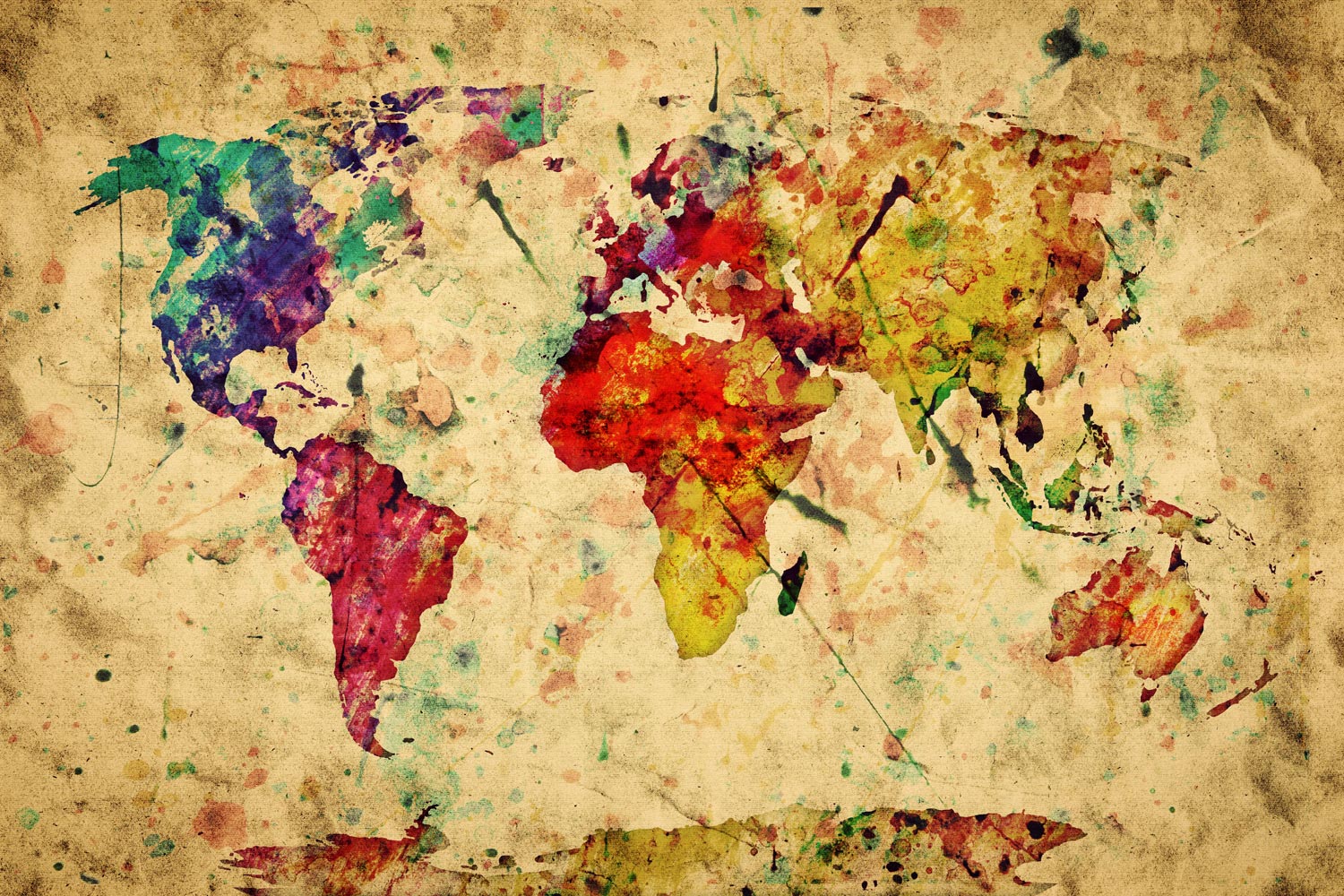
New Paradigms in a Complex World
By Dr. Lance Newey
I was half-way through a 5-day training workshop teaching entrepreneurship to parents and small business owners in Colombia when I had a personal and professional watershed. I wondered: Even if these people learn all this and set up businesses, what are we doing all of this for?
As a business school academic, I wrestle with this very issue as waves of millennials come through my classroom questioning all the assumptions on which my classical business and economic training are based. They see the dark side of obsessive economic development and vote no to continuing this paradigm.
Education, Alaska and Change – Drive Time Reflections
By Lisa Skiles Parady, JD, Ed.D.
Leaving my home near Skater’s Cabin in Juneau for work last week, I was thinking about wild Alaska. Glaciers and bears, bald eagles and rainforest, spectacular mountains rolling endlessly to the horizon all surrounded me – just another day in the Last Frontier. I was enjoying a quiet moment of reflection before the pace of phone calls, emails, texts, and tweets overtook my soon to be legislatively dominated day.
It hit me that our education system across this truly wild state is on the cusp of change almost as intense as what came with contact and settlement, yet we struggle to find the time to think, plan, and lead the change. I use the term “settlement” here loosely as I am confident Alaska Natives believe contact was way more significant.

Ask (for Coffee),
and Ye Shall Receive
By Brenna Pavey
Last year I found myself contracting for a client in a position I knew was too good to be true. The hours and pay were great, but the prospects for future projects weren’t, and there was zero security. Sure enough, the contract ended on short notice, and I found myself without work in a city that’s all about who you know, where jobs for people of my age, experience and salary level are simply not advertised.
I’d been in Perth for about 15 years, and thus far I had never gotten a job by applying for one. Even as an immigrant, I had always found my next gig through someone I knew. At first, I dreaded the thought of pounding the pavement, but I knew to trust in my networks.

Thanks for reading our Apr-Jun 2018 issue!

